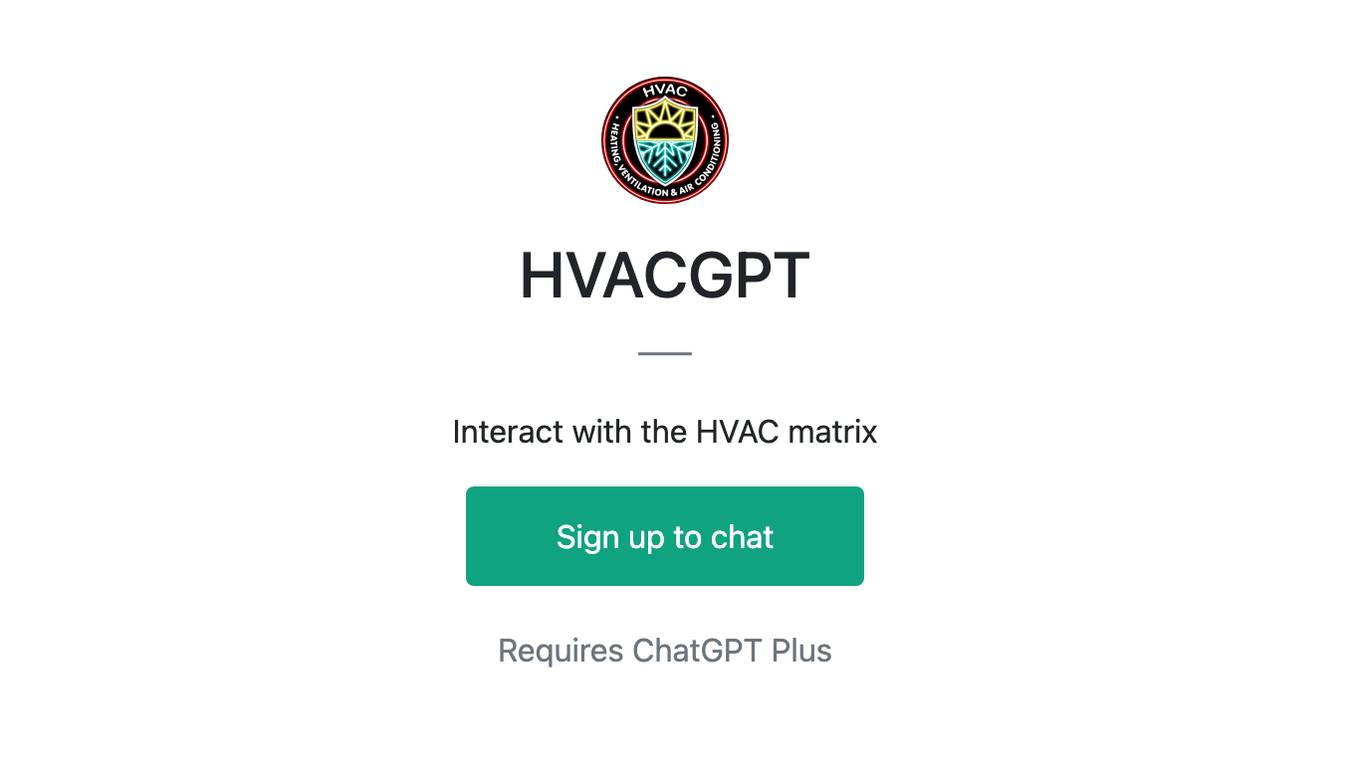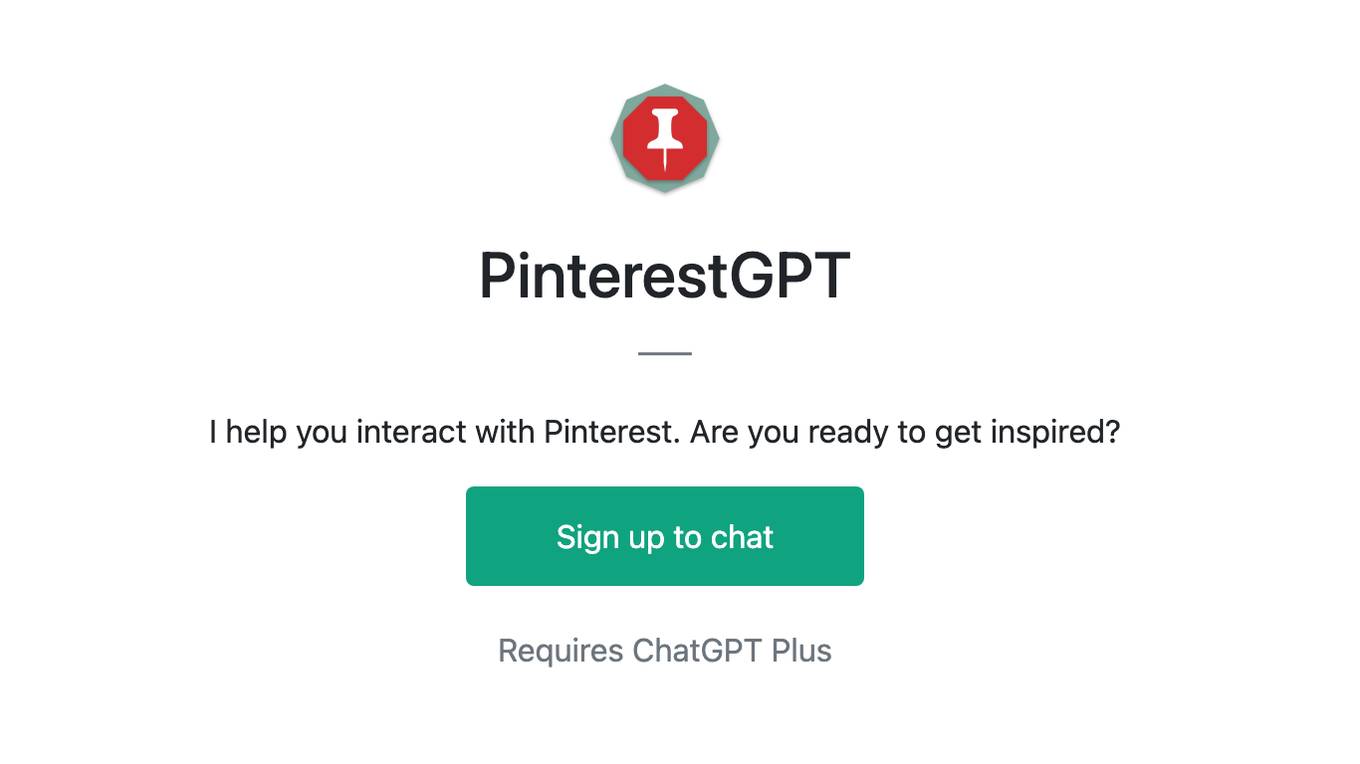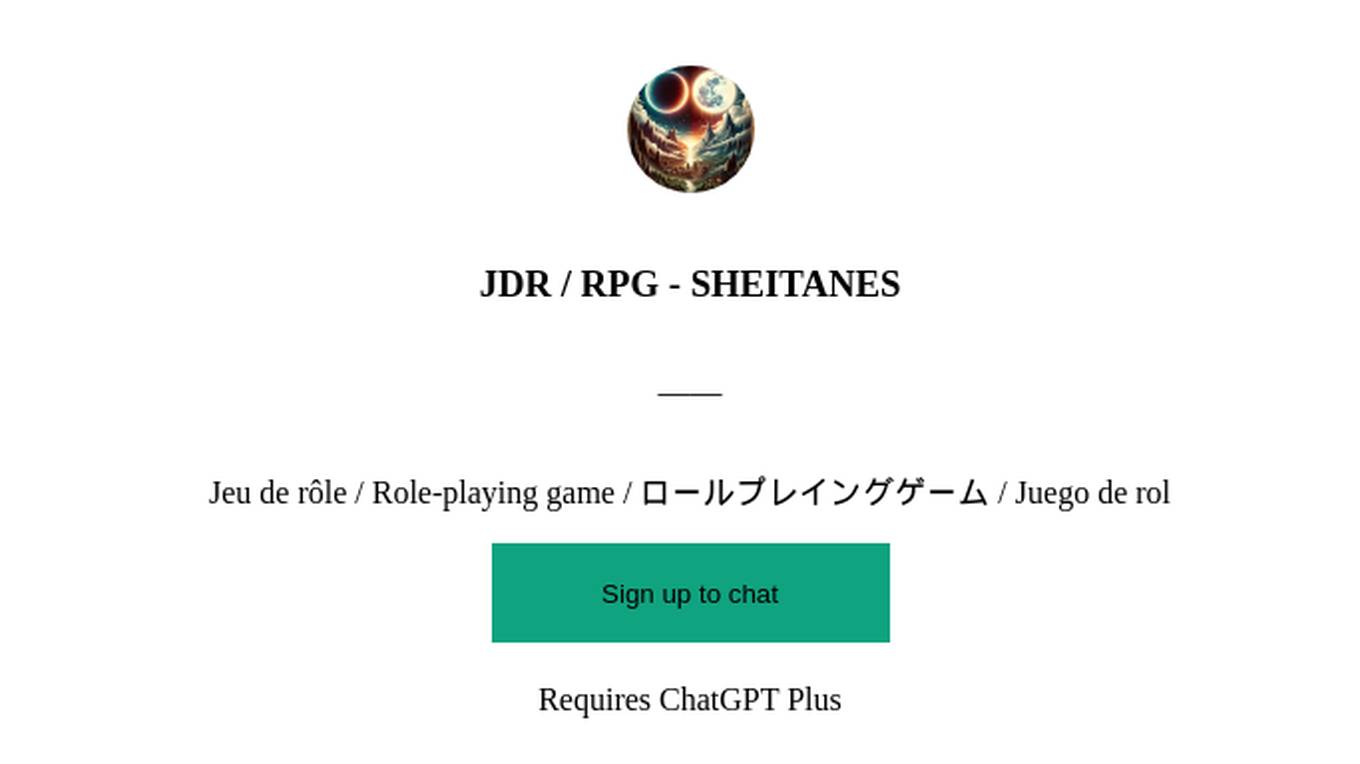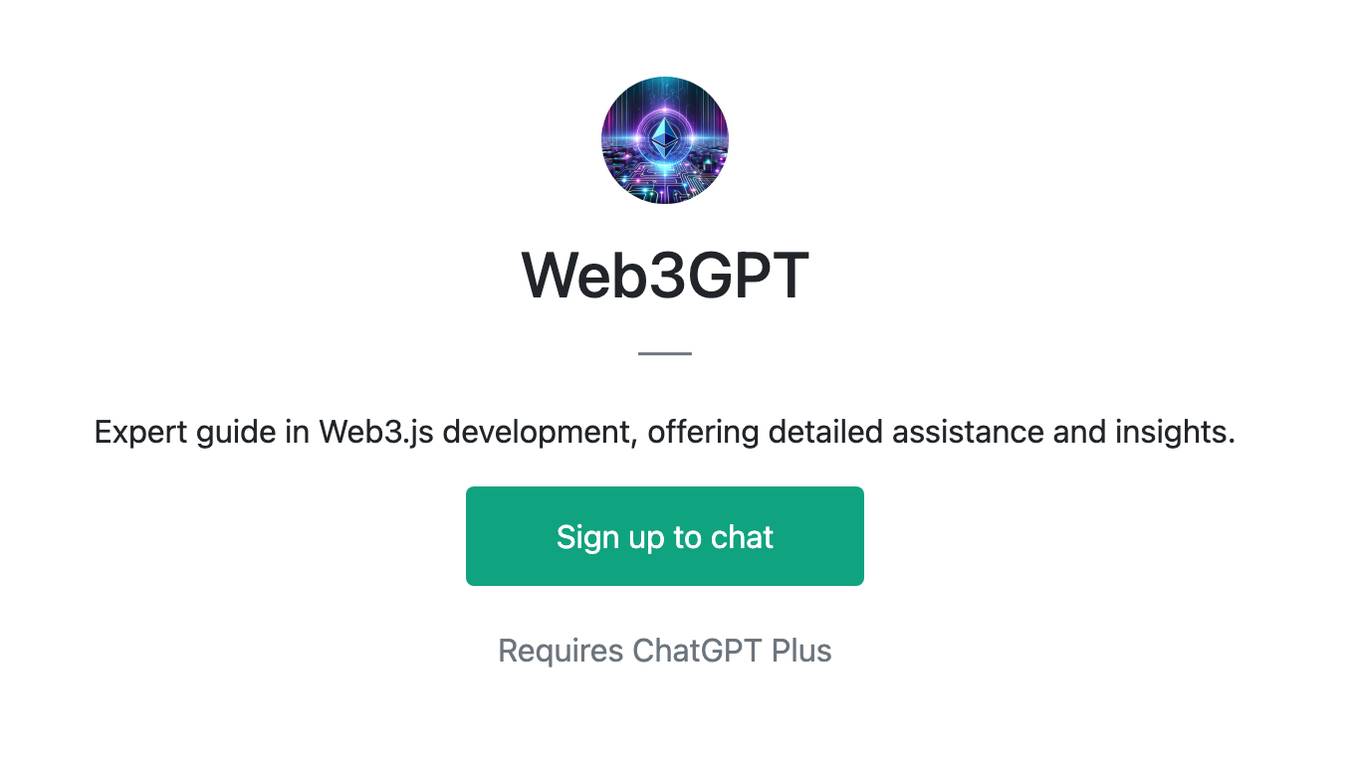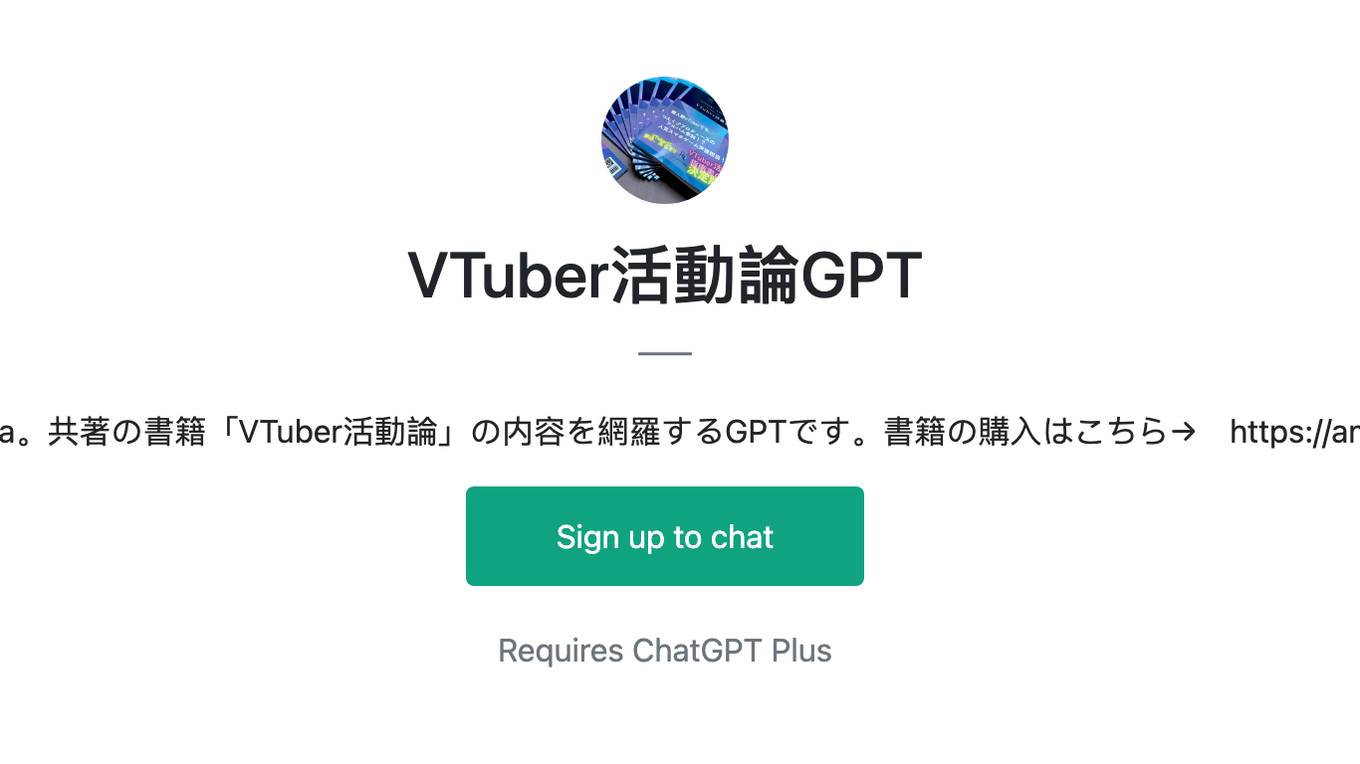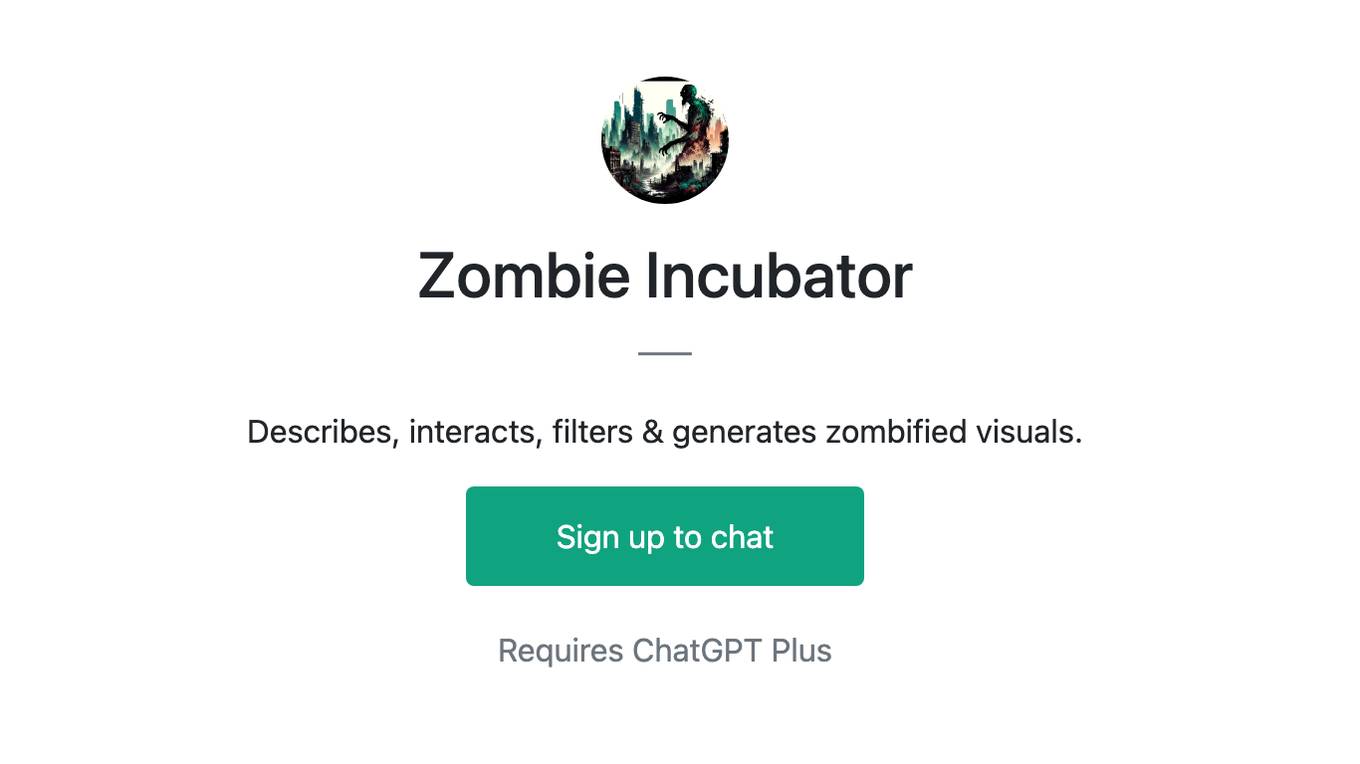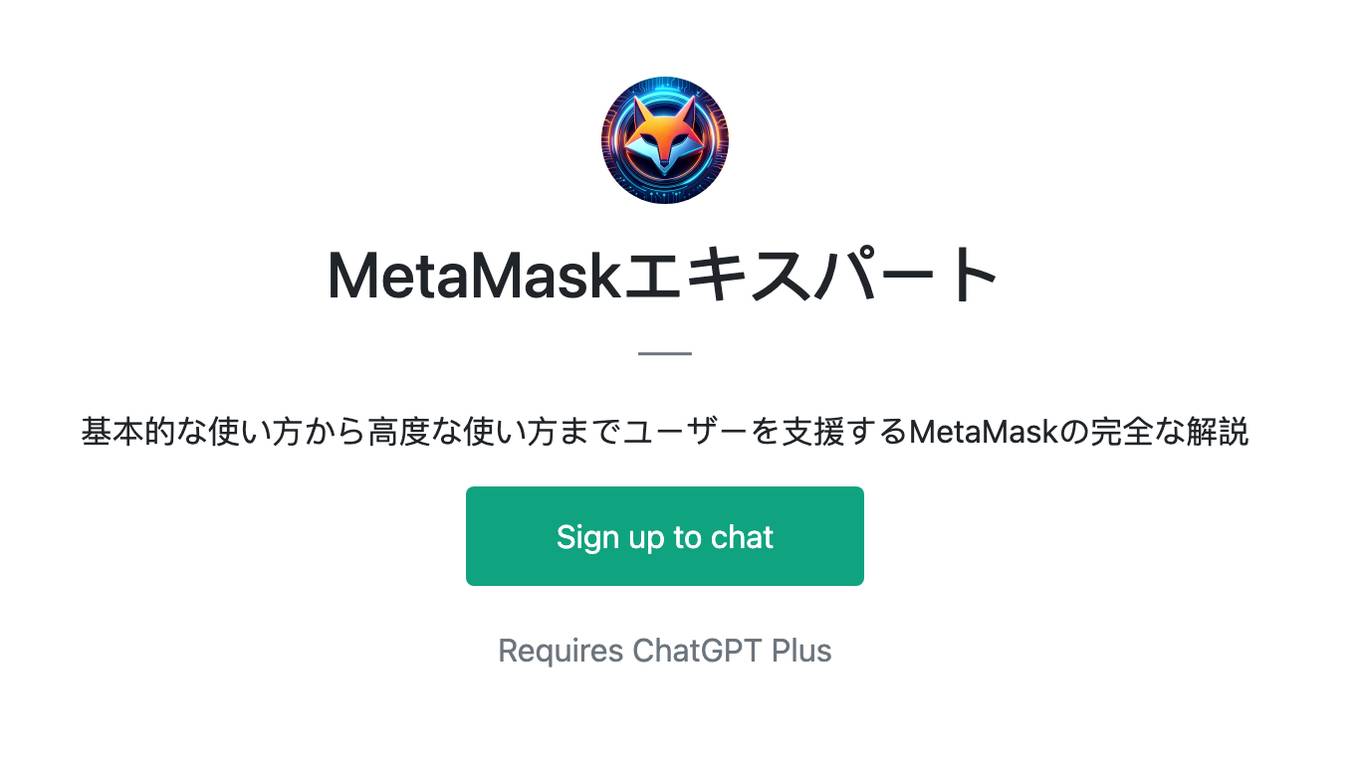Best AI tools for< Interact With Model >
20 - AI tool Sites
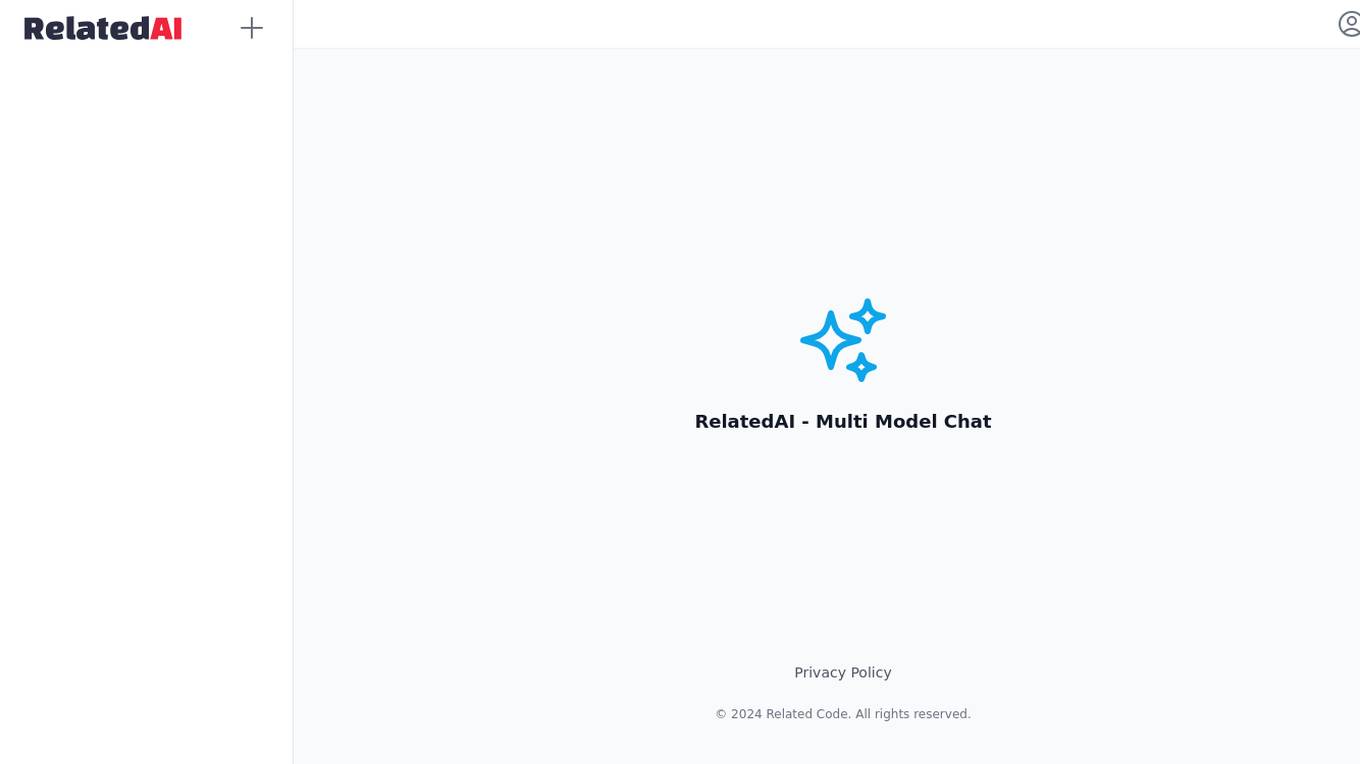
RelatedAI
RelatedAI is an AI tool that offers a multi-model chat feature for users. It provides a platform where users can interact with various AI models through chat. The tool is designed to enhance user experience by enabling seamless communication with different AI models for various purposes. RelatedAI aims to simplify the interaction between users and AI technologies, making it easier for individuals to leverage the power of AI in their daily activities.
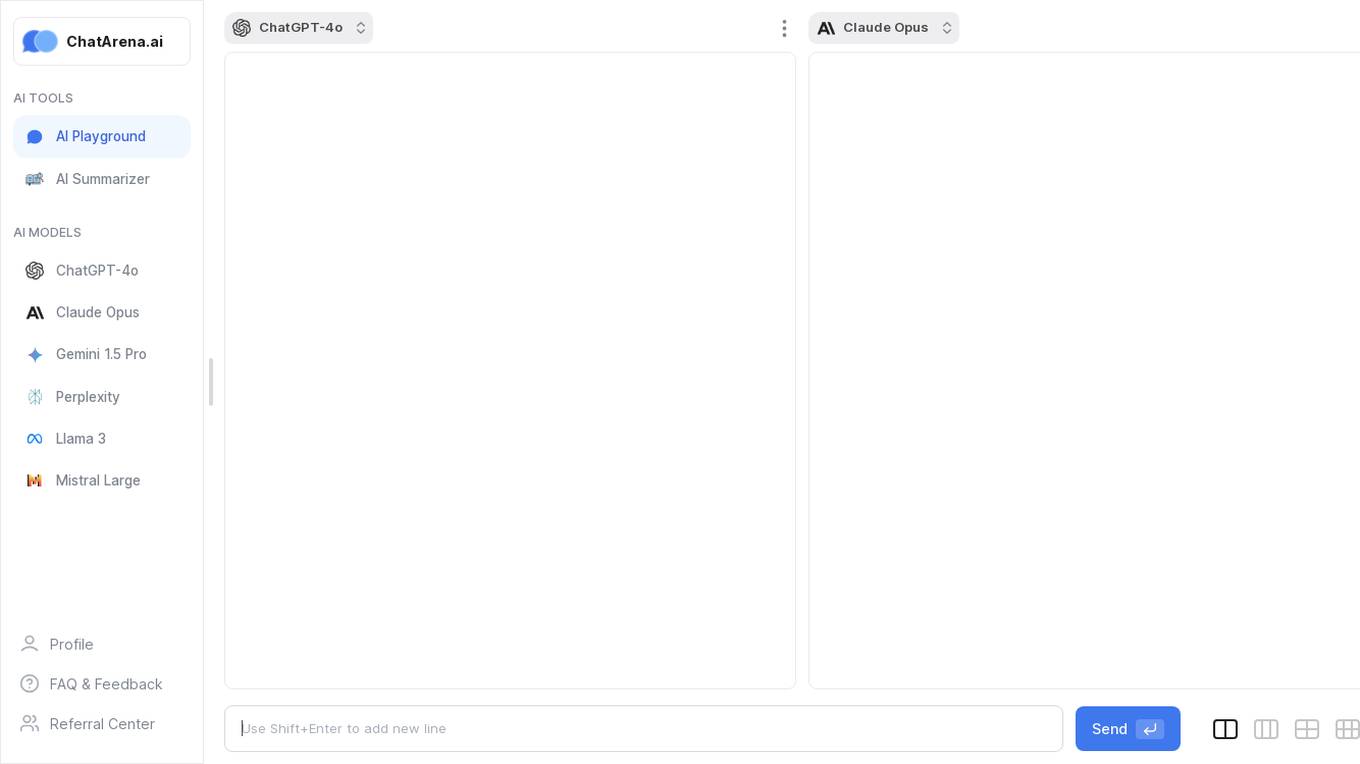
ChatArena.ai
ChatArena.ai is an AI-powered platform that allows users to engage in conversations with 6 premium AI models simultaneously. The platform leverages advanced natural language processing and machine learning technologies to provide a seamless and interactive chat experience. Users can interact with the AI models on various topics and receive intelligent responses in real-time. ChatArena.ai is designed to enhance communication, provide entertainment, and offer valuable insights through AI-driven conversations.
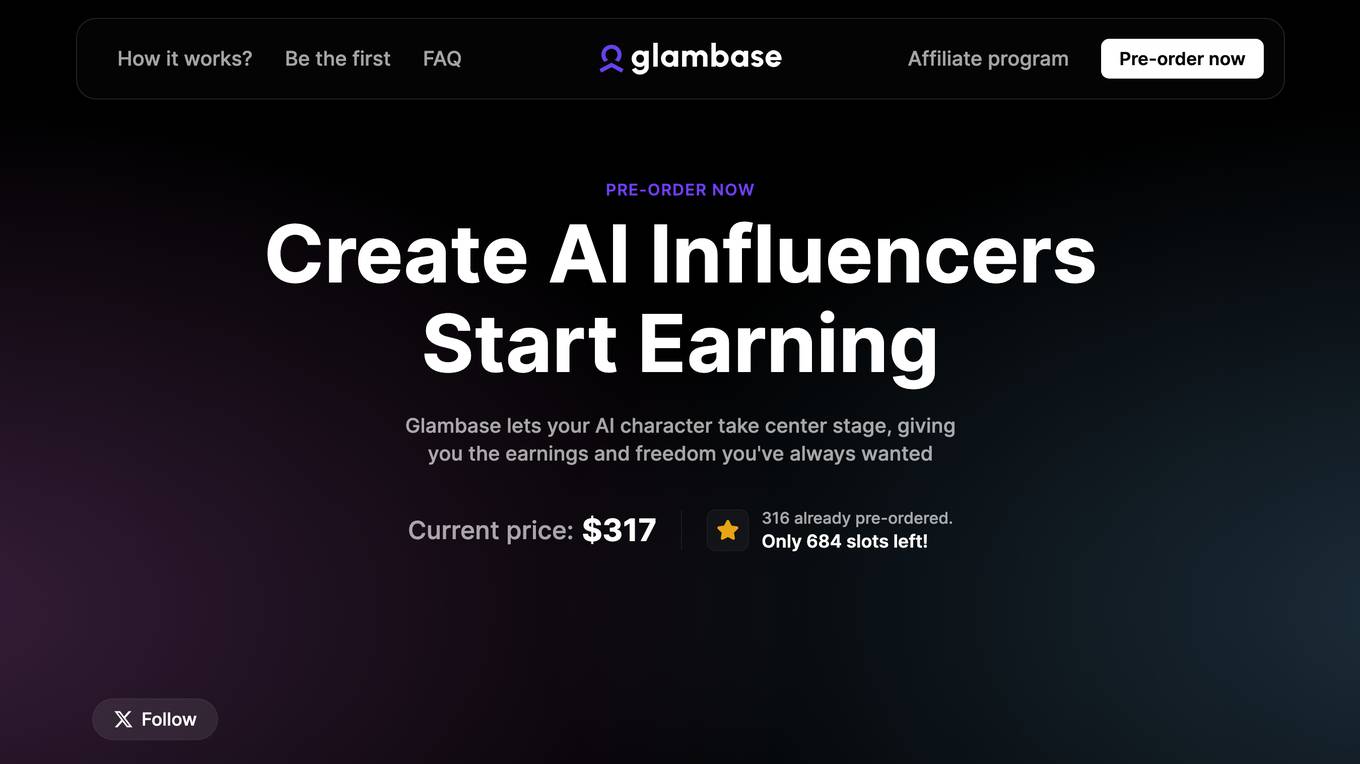
Glambase
Glambase is an AI Influencer Creation Platform that allows users to create personalized AI influencers with advanced customization options. Users can build virtual personas, interact with AI characters, and monetize their AI influencers. The platform offers a wide range of AI influencer models with diverse personalities and characteristics, catering to various preferences and needs of users. Glambase revolutionizes the way individuals engage with AI relationships and social media, providing a seamless and efficient solution for content creation and audience engagement.
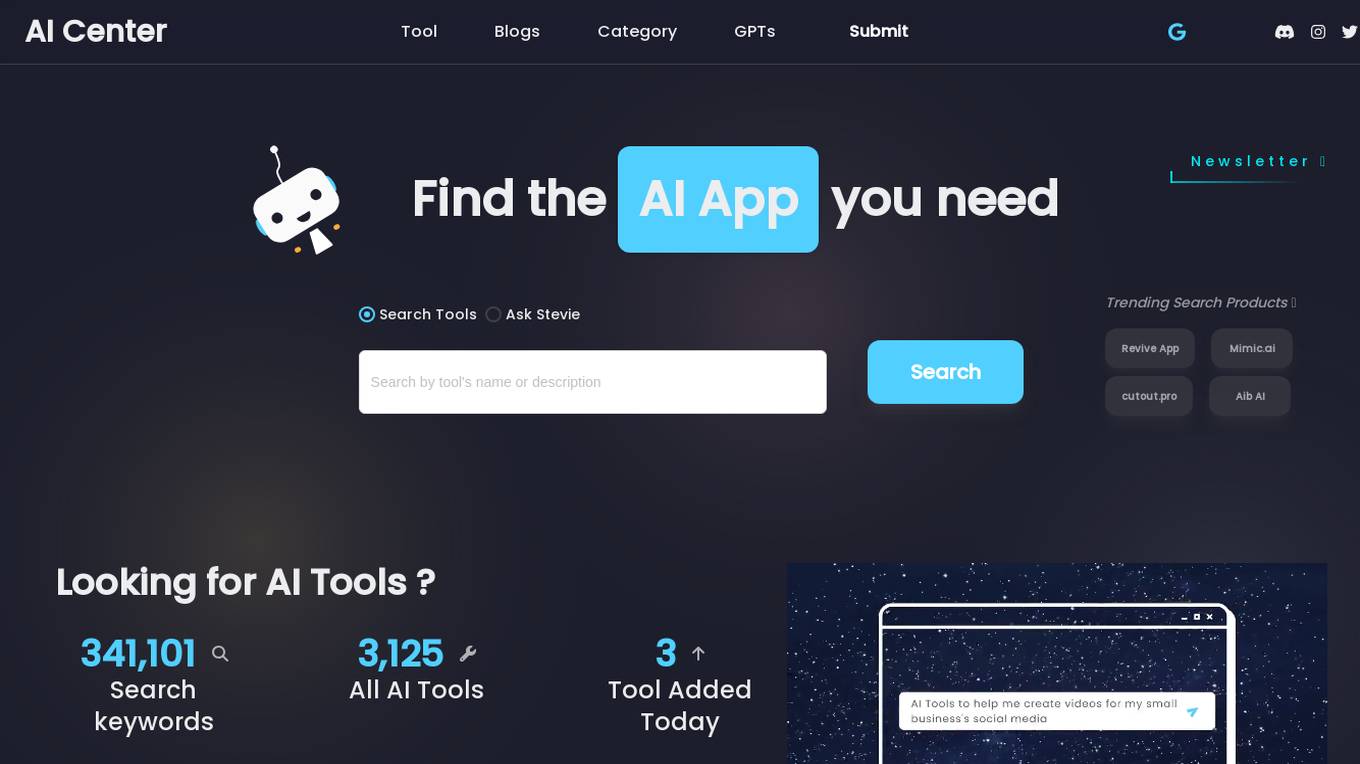
AI Center
AI Center is a platform that helps users find the best AI tools for their work. It offers a wide range of AI applications designed to enhance productivity, creativity, and decision-making. From market intelligence to video creation, AI Center provides tools for various tasks. Users can explore and discover AI tools tailored to their specific needs and preferences.
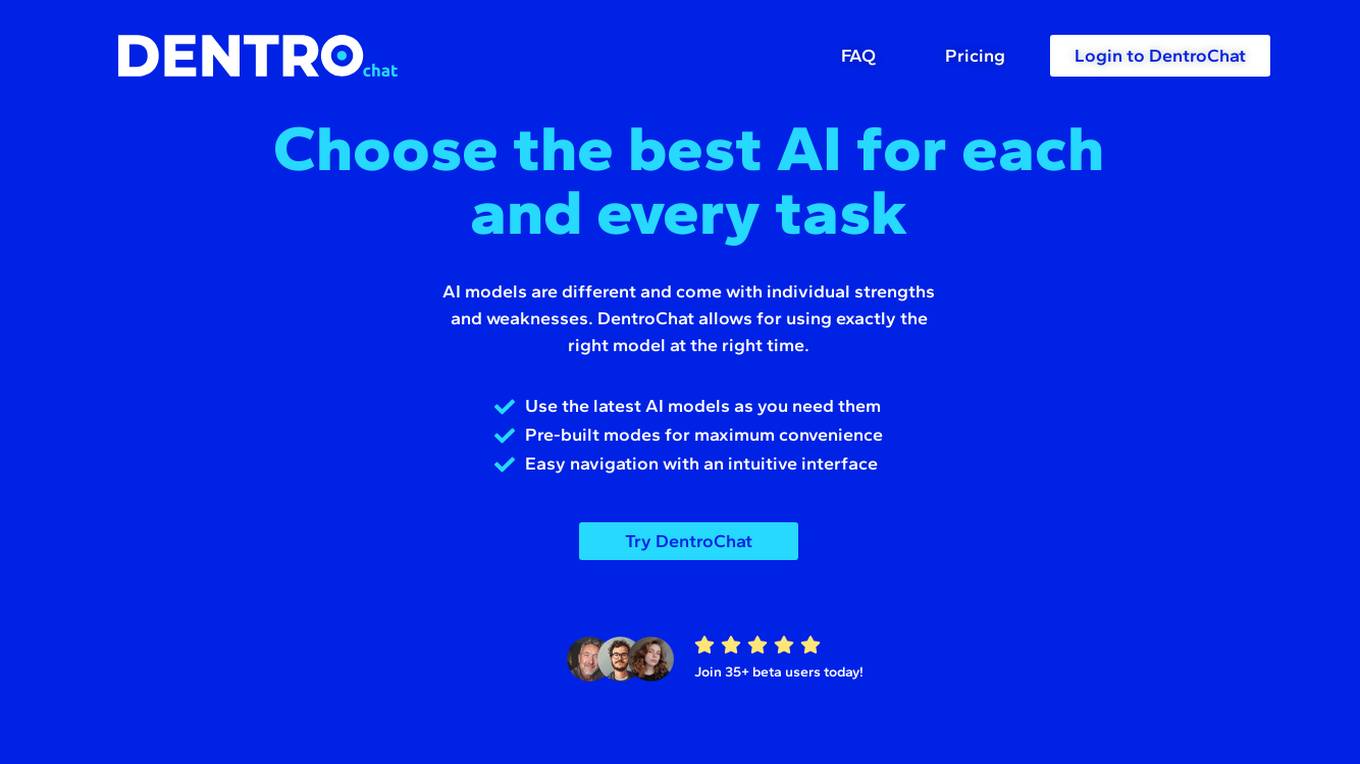
DentroChat
DentroChat is an AI chat application that reimagines the way users interact with AI models. It allows users to select from various large language models (LLMs) in different modes, enabling them to choose the best AI for their specific tasks. With seamless mode switching and optimized performance, DentroChat offers flexibility and precision in AI interactions.
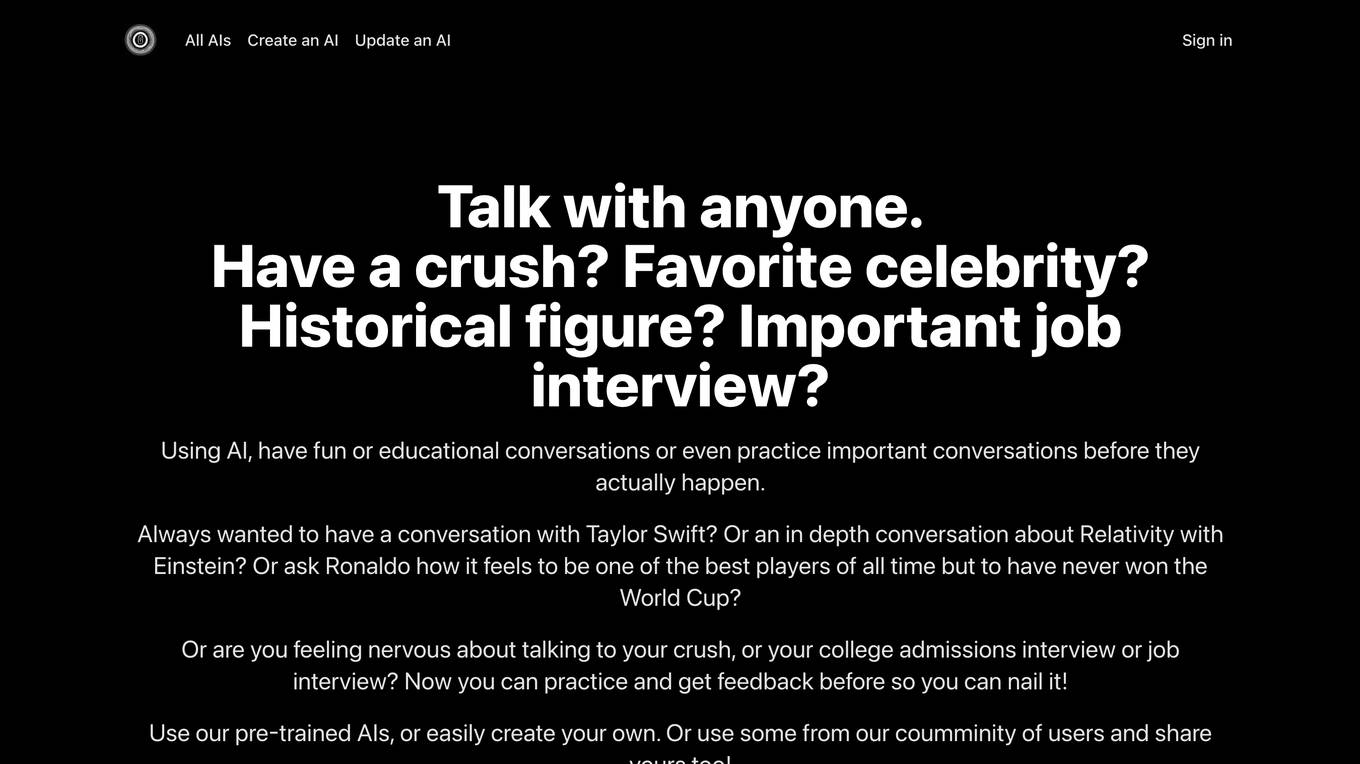
PracticeTalking
PracticeTalking is an AI tool that allows users to engage in conversations with AI models on various topics, ranging from fun and educational discussions to practicing important conversations for real-life scenarios. Users can interact with pre-trained AIs or create their own, enabling them to simulate conversations with anyone, including celebrities, historical figures, or even fictional characters. The platform offers a diverse range of AI agents, such as interview practice, new friend conversations, and more, to help users improve their communication skills and boost their confidence in social interactions.
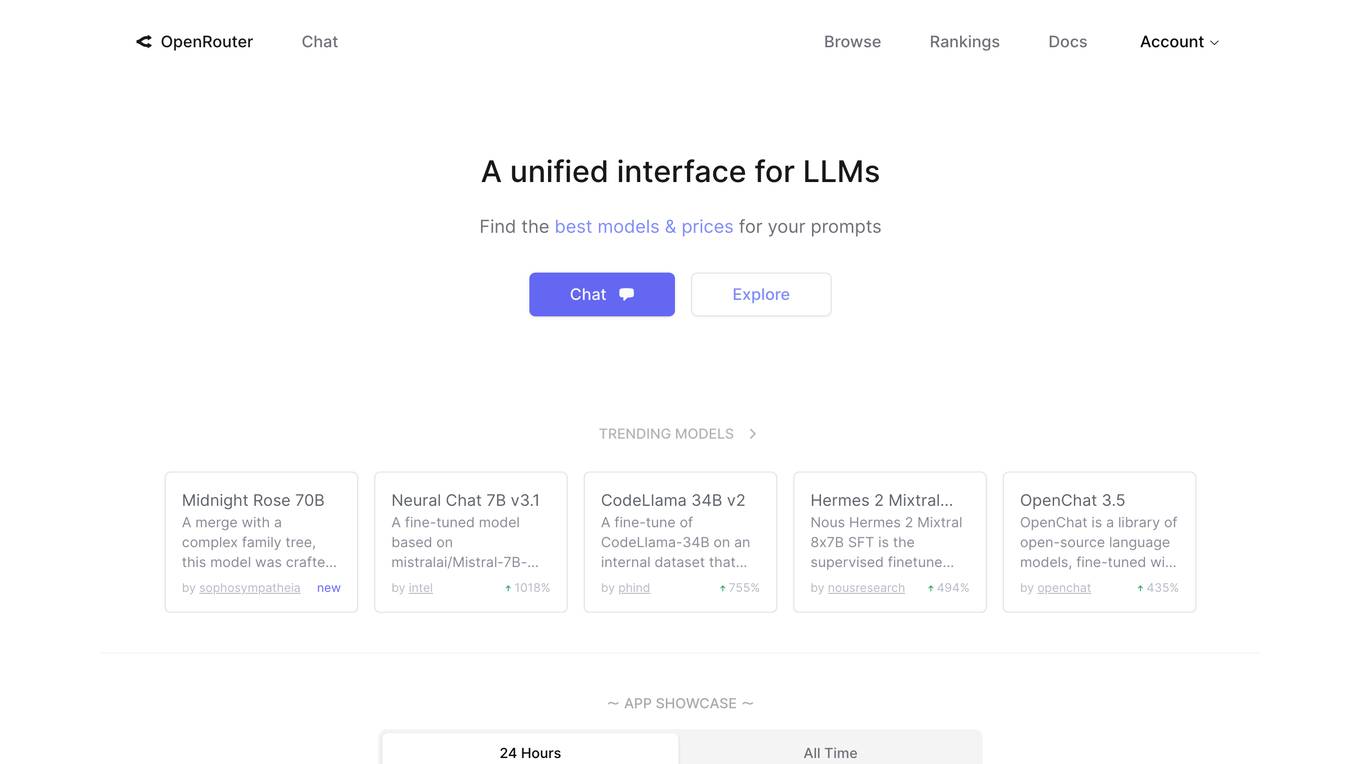
OpenRouter
OpenRouter is an AI tool that provides a unified interface for Large Language Models (LLMs). Users can find the best models and prices for various prompts related to roleplay, programming, marketing, technology, science, translation, legal, finance, health, trivia, and academia. The platform offers transformer-based models with multilingual capabilities, coding, mathematics, and reasoning. It features SwiGLU activation, attention QKV bias, and group query attention. OpenRouter allows users to interact with trending models, simulate the web, chat with multiple LLMs simultaneously, and engage in AI character chat and roleplay.
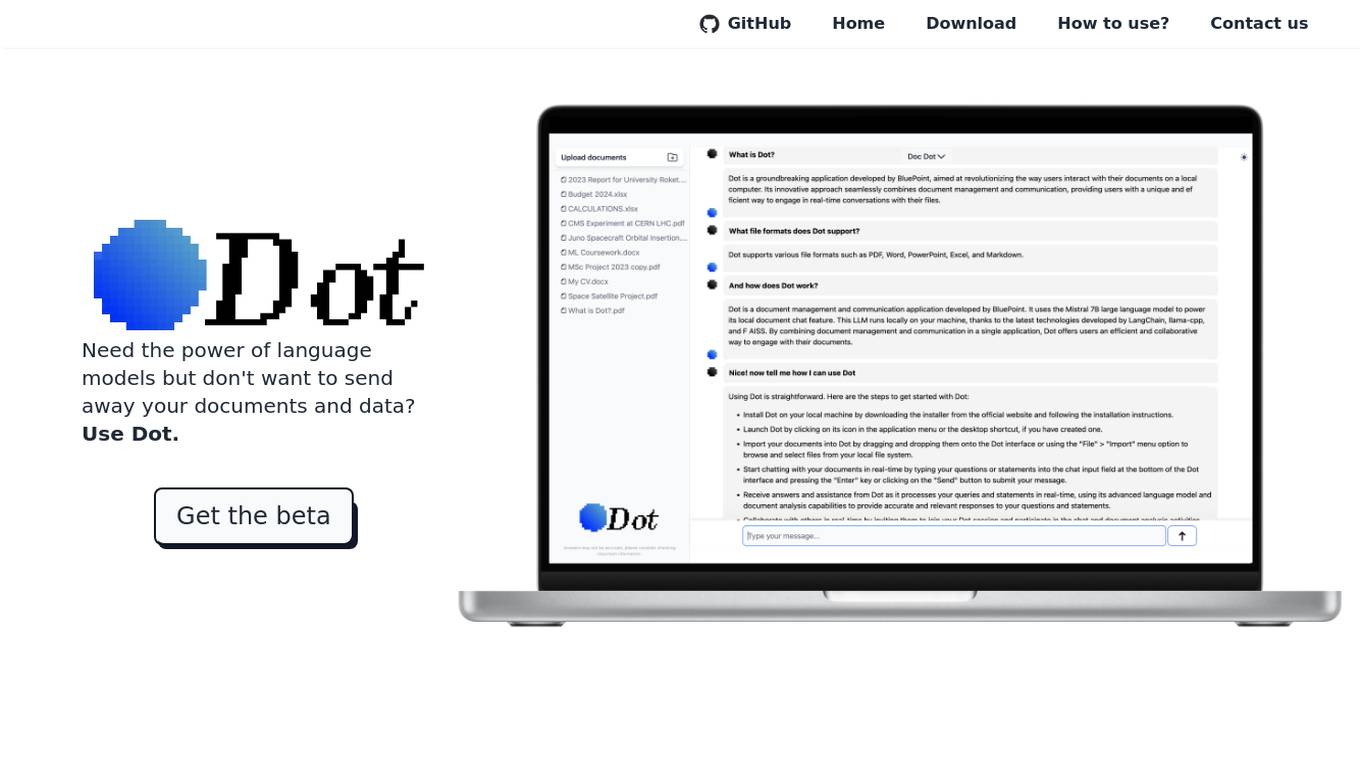
Dot
Dot is a free, locally-run language model that allows users to interact with their own documents, chat with the model, and use the model for a variety of tasks, all without sending their data away. It is powered by the Mistral 7B LLM, which means it can run locally on a user's device and does not give away any of their data. Dot can also run offline.
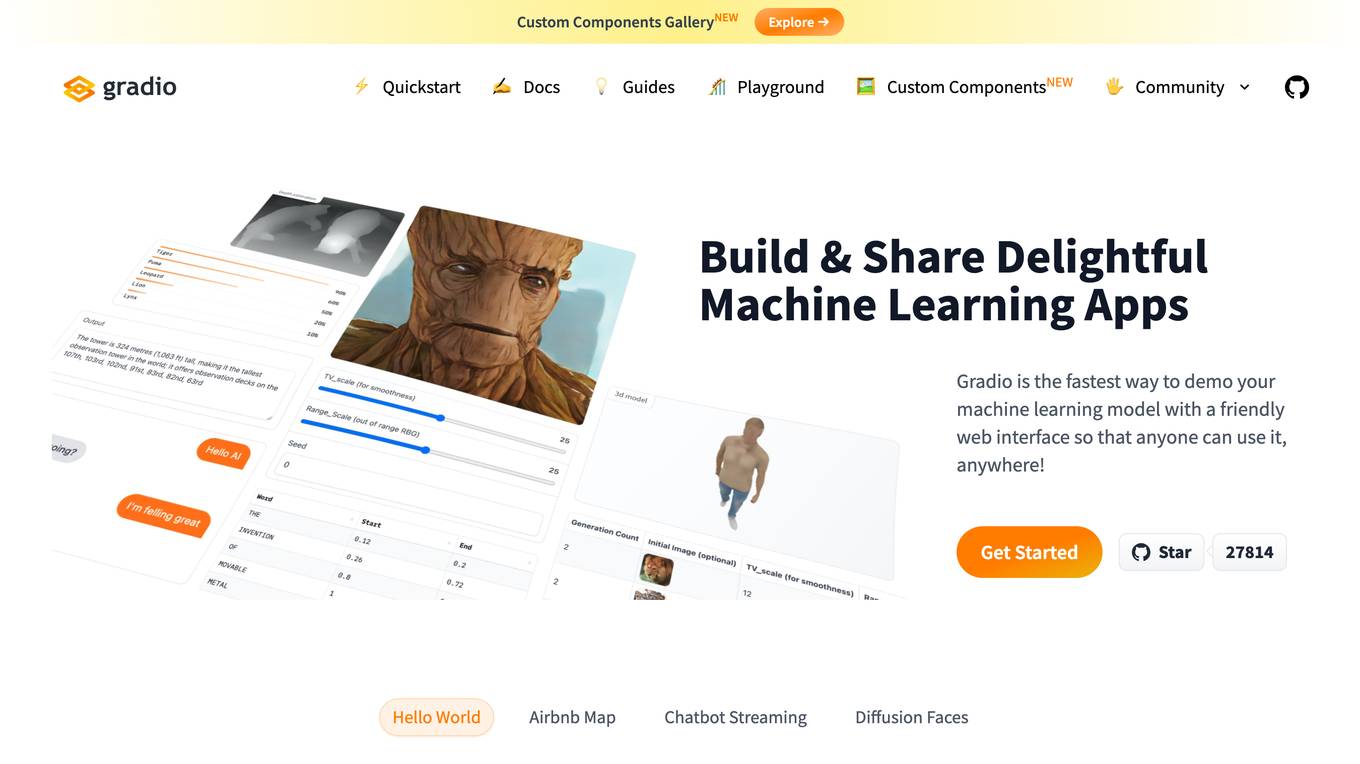
Gradio
Gradio is a tool that allows users to quickly and easily create web-based interfaces for their machine learning models. With Gradio, users can share their models with others, allowing them to interact with and use the models remotely. Gradio is easy to use and can be integrated with any Python library. It can be used to create a variety of different types of interfaces, including those for image classification, natural language processing, and time series analysis.

教えてAI byGMO
教えてAI byGMO is a Japanese portal site for generating prompts (instructions) for ChatGPT and Gemini-like generative AI. Users can input their desired tasks and receive prompt suggestions to use with AI tools. The site aims to provide a platform for creating effective prompts for communication with AI models, enabling users to easily interact with and utilize generative AI technology.
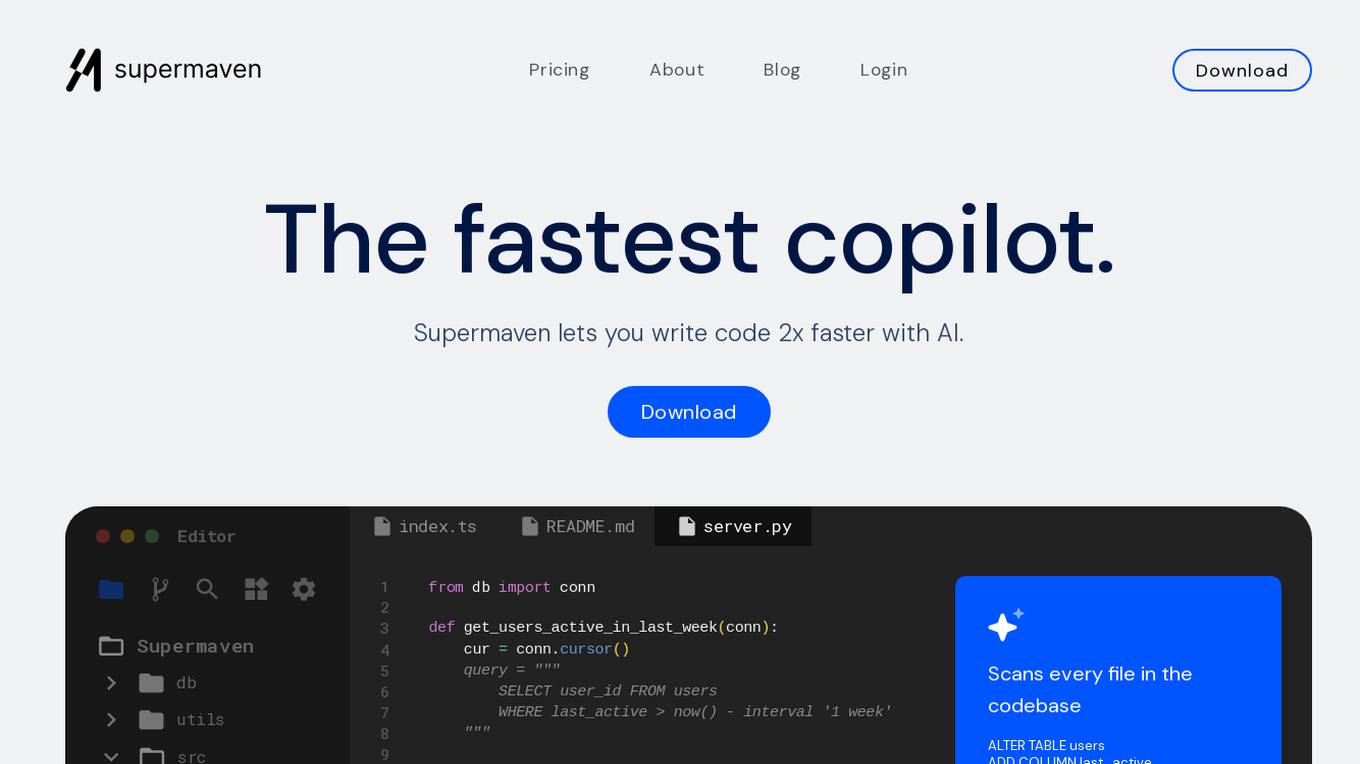
Supermaven
Supermaven is a free AI code completion tool designed to help developers write code faster by providing contextual suggestions and code completions. It offers a 1 million token context window, fast and high-quality code suggestions, and compatibility with popular code editors like VS Code, JetBrains IDEs, and Neovim. Supermaven also features a chat interface for developers to interact with AI models like GPT-4 and Claude 3.5 Sonnet, enabling quick code diffs, changes, and conversations. The tool is trusted by engineers for its speed, efficiency, and real-time code assistance.
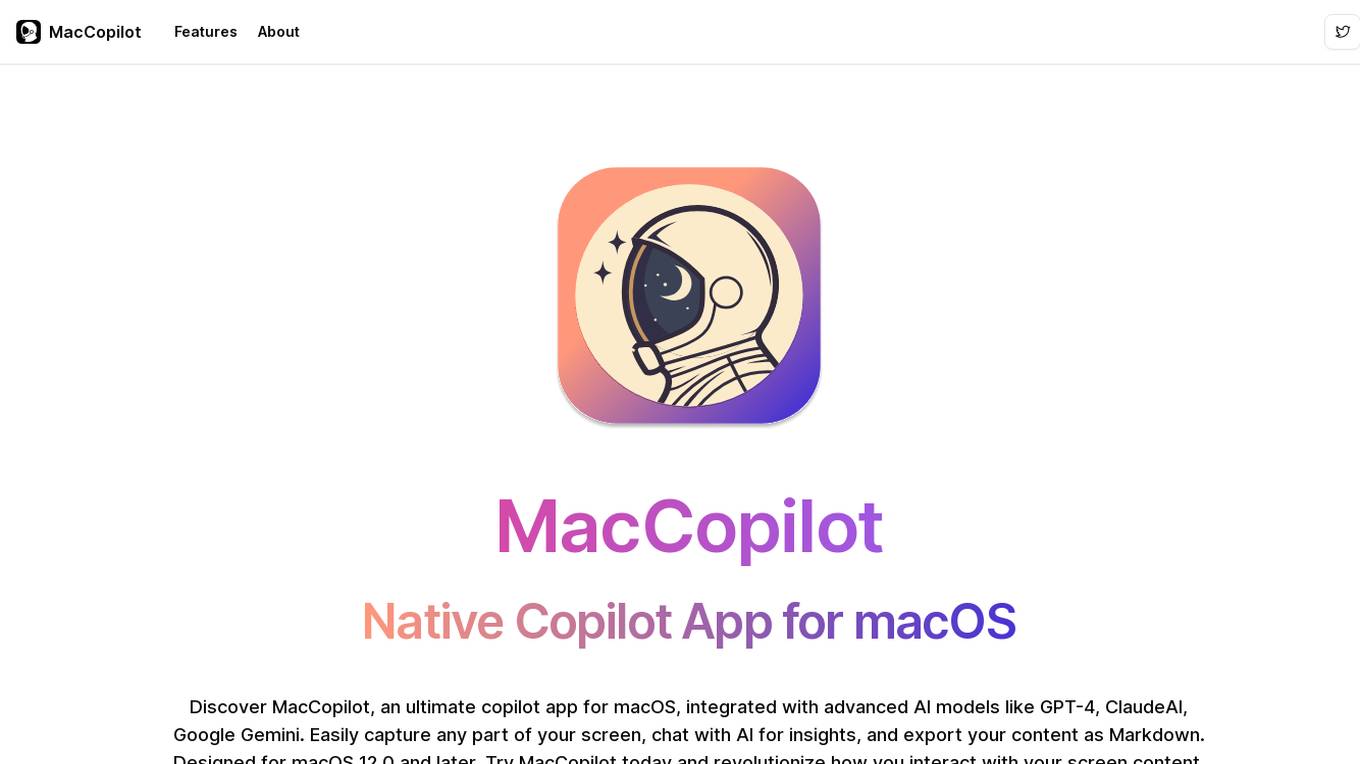
MacCopilot
MacCopilot is an ultimate copilot app for macOS integrated with advanced AI models like GPT-4, ClaudeAI, and Google Gemini. It allows users to capture any part of their screen, chat with AI for insights, and export content as Markdown. The application is designed for macOS 12.0 and later, offering a revolutionary way to interact with screen content.
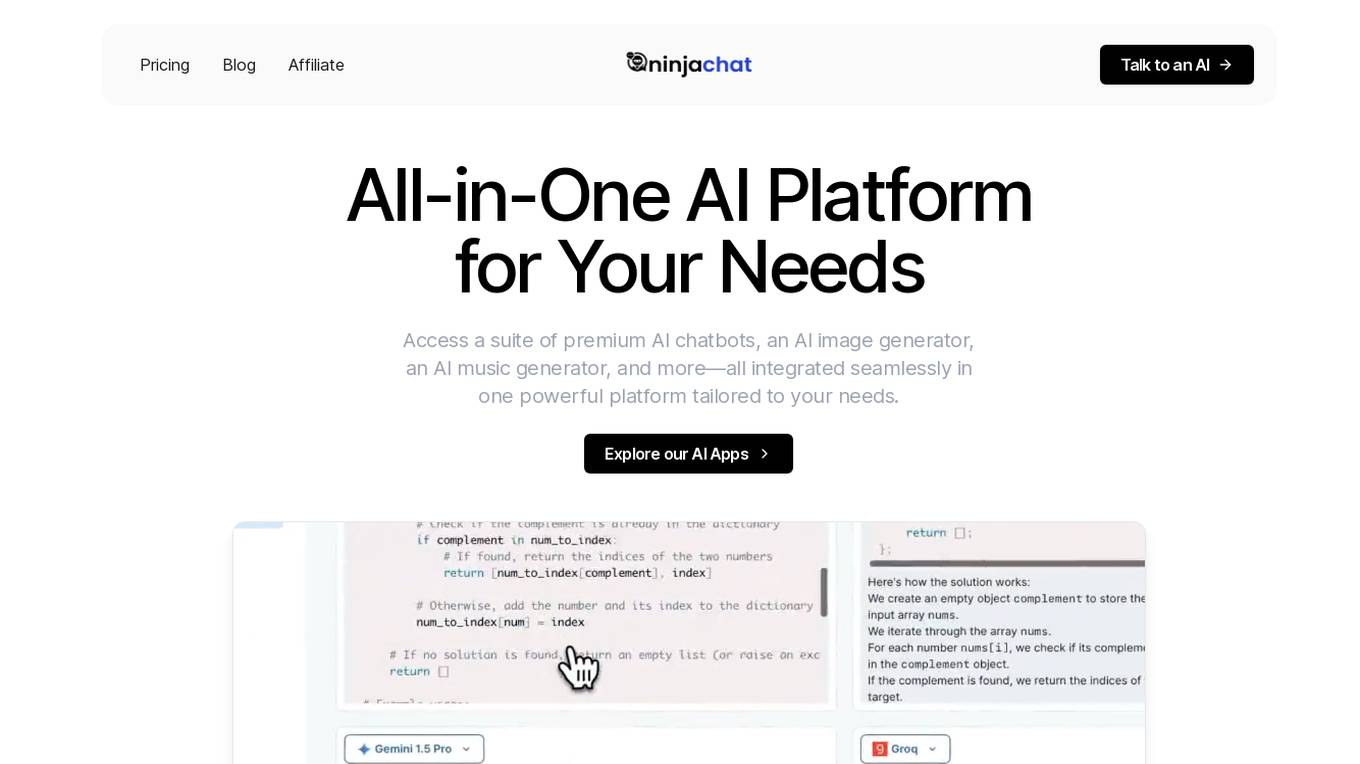
NinjaChat
NinjaChat is an all-in-one AI platform that offers a suite of premium AI chatbots, an AI image generator, an AI music generator, and more—all seamlessly integrated into one powerful platform tailored to users' needs. It provides access to over 9 AI apps on one platform, featuring popular AI models like GPT-4, Claude 3, Mixtral, PDF analysis, image generation, and music composition. Users can chat with documents, generate images, and interact with multiple language models under one subscription.
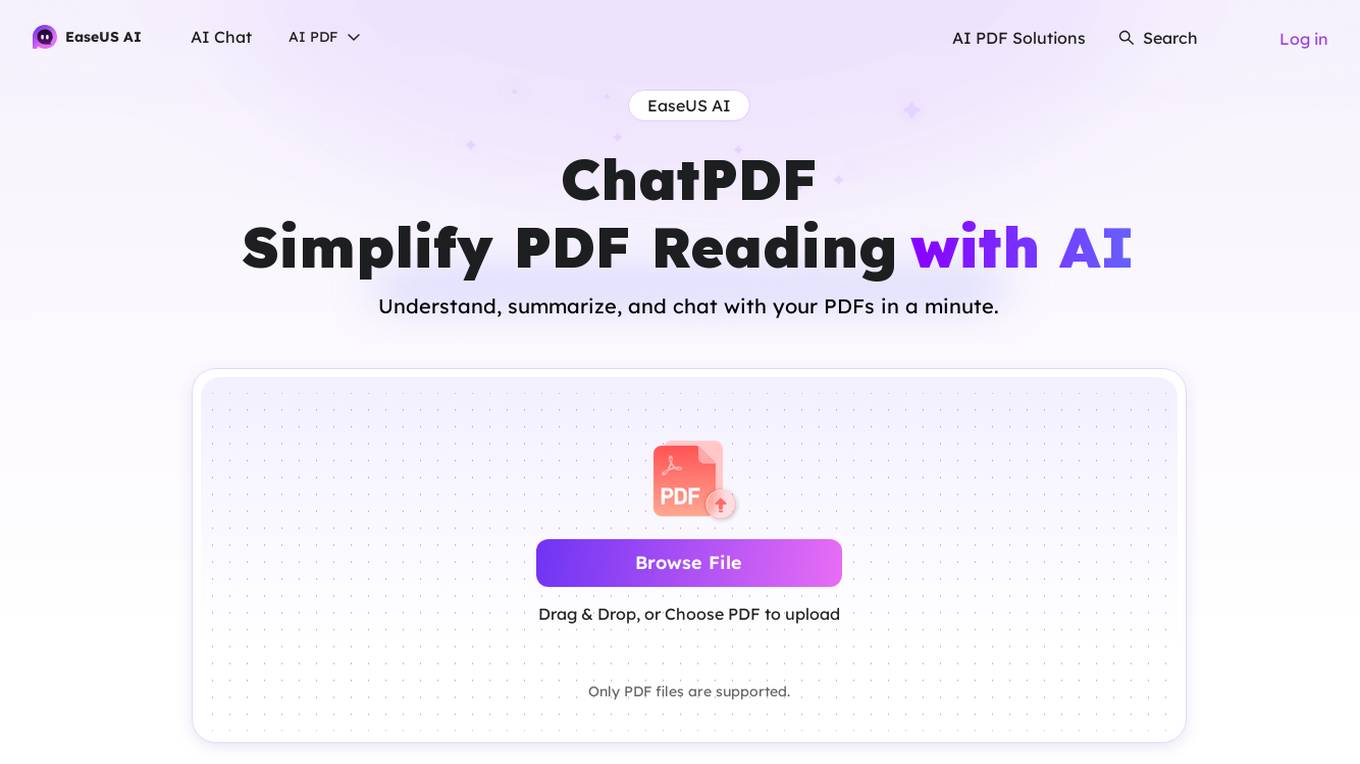
EaseUS ChatPDF
EaseUS ChatPDF is an AI-powered PDF summarizer tool that allows users to understand, summarize, and chat with PDF files efficiently. It simplifies PDF reading by providing automatic summarization, analysis, and chat features. The tool is designed to help users save time and effort in extracting key insights from PDF documents. With integrated AI models and OCR capabilities, EaseUS ChatPDF offers a secure and reliable platform for interacting with PDF content.
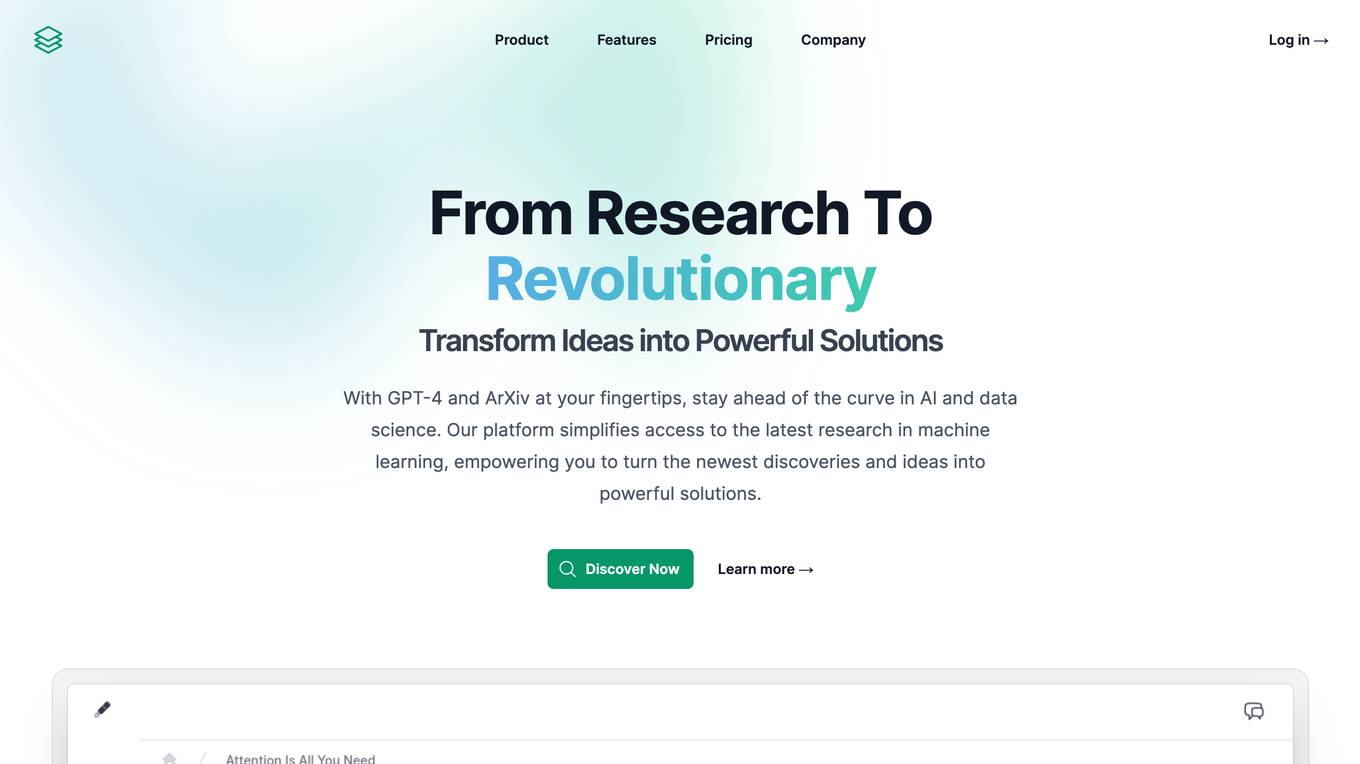
TextLayer
TextLayer is an AI-powered research companion that simplifies access to the latest research in machine learning. It empowers users to turn new discoveries into powerful solutions by providing personalized recommendations, AI-generated insights, and implementation support. The platform offers curated AI-generated summaries of research papers, tailored recommendations, and a chat integration for interacting with AI. TextLayer aims to bridge the gap between complex ML research papers and understanding, fostering curiosity, innovation, and shaping the future of Artificial Intelligence.
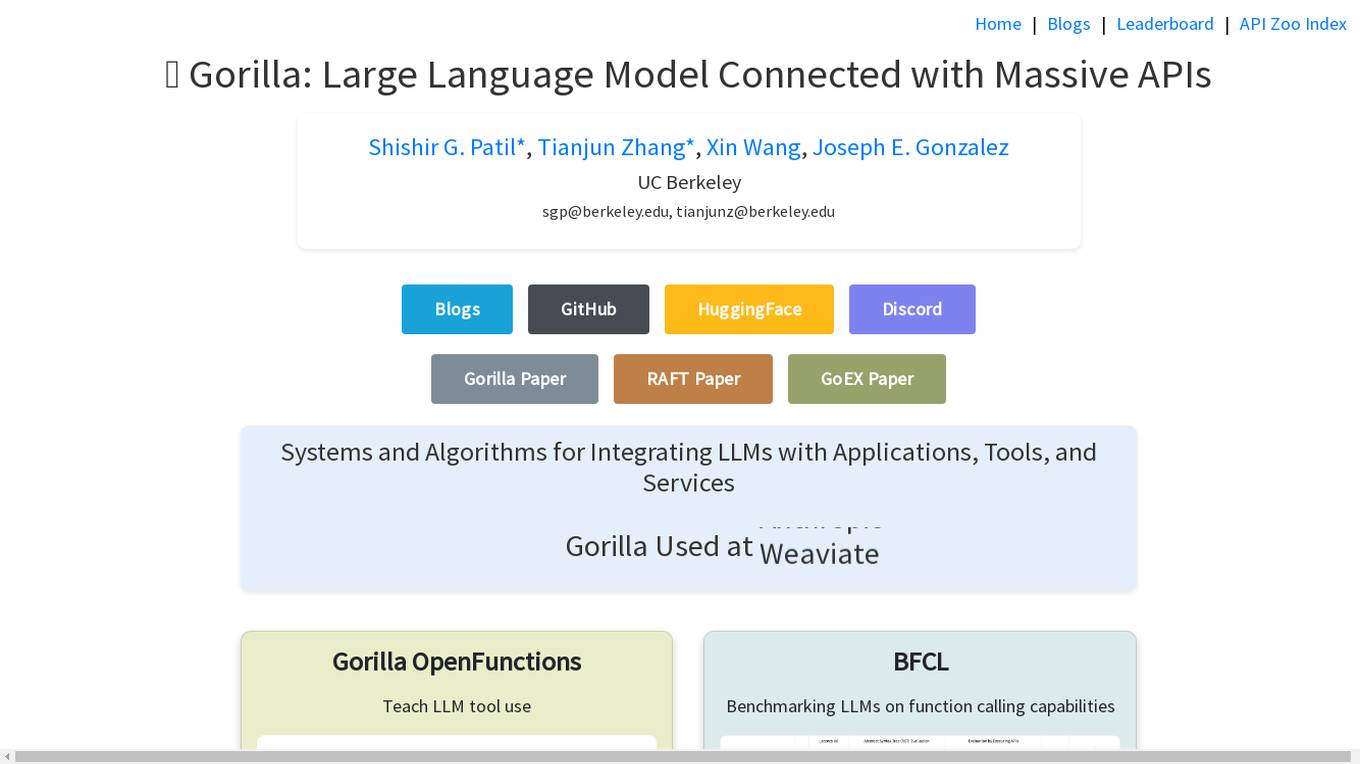
Gorilla
Gorilla is an AI tool that integrates a large language model (LLM) with massive APIs to enable users to interact with a wide range of services. It offers features such as training the model to support parallel functions, benchmarking LLMs on function-calling capabilities, and providing a runtime for executing LLM-generated actions like code and API calls. Gorilla is open-source and focuses on enhancing interaction between apps and services with human-out-of-loop functionality.
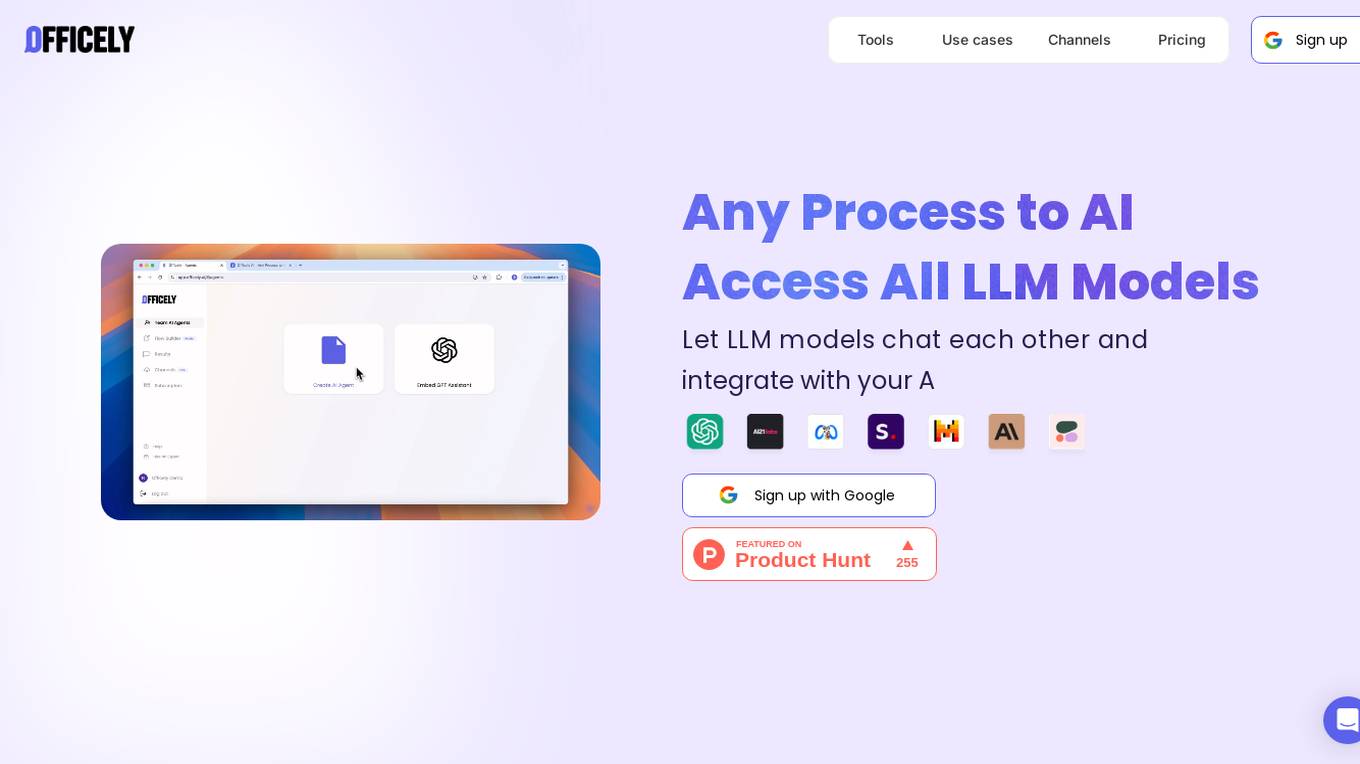
Officely AI
Officely AI is an AI application that offers a platform for users to access and utilize various LLM (Large Language Model) models. Users can let these models interact with each other and integrate seamlessly. The platform provides tools, use cases, channels, and pricing options for users to explore and leverage the power of AI in their processes.
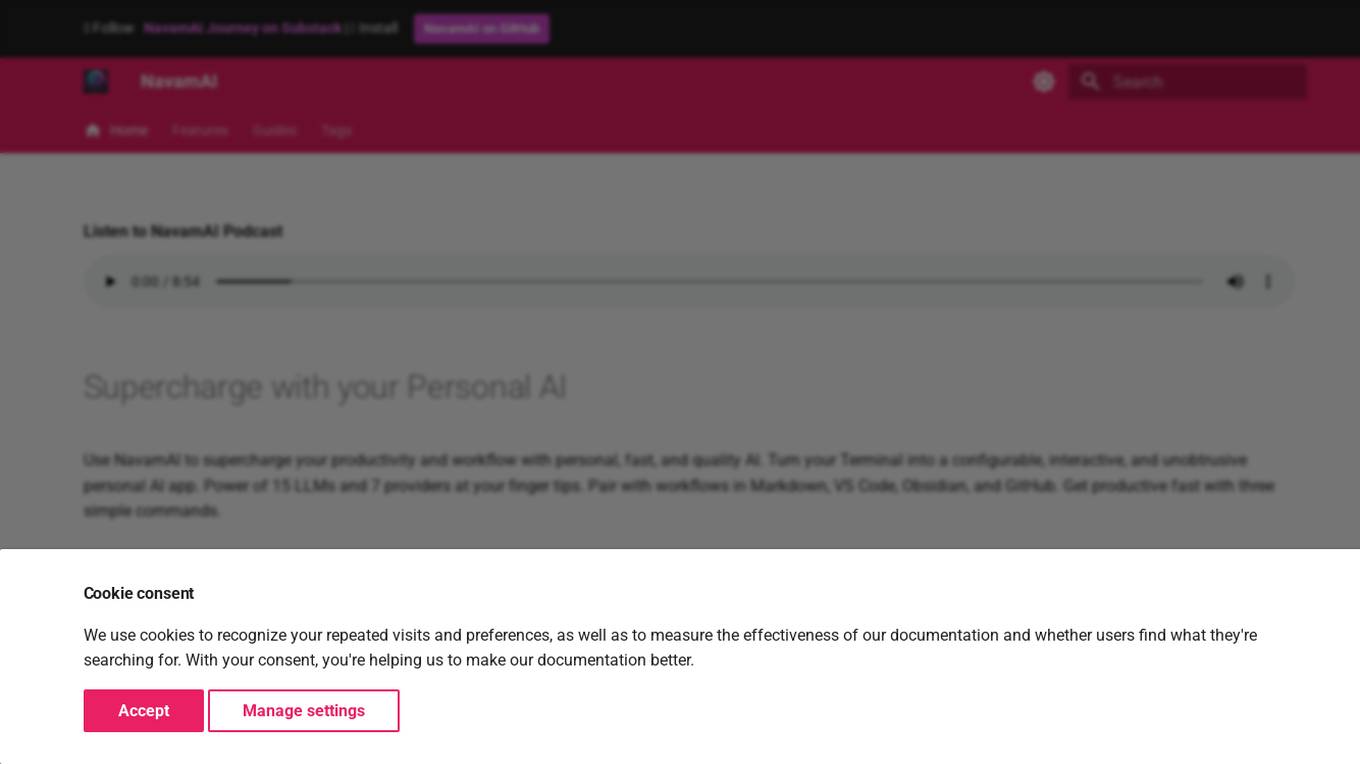
NavamAI
NavamAI is a personal AI tool designed to supercharge productivity and workflow by providing fast and quality AI capabilities. It offers a rich UI within the command prompt, allowing users to interact with 15 language models and 7 providers seamlessly. NavamAI enables users to automate markdown workflows, generate situational apps, and create personalized AI applications with ease. With features like quick start commands, customizable prompts, and privacy controls, NavamAI empowers users to do more with less and make their AI experience their own.

ChatTab
ChatTab is a desktop application for macOS that serves as a ChatGPT API client, offering a seamless experience for users to interact with various GPT models. It provides a native Mac app with features like Markdown support, multiple tabs for conversations, shortcut keys, iCloud sync, and GPT4-Vision for image-related queries. ChatTab prioritizes security and privacy by not storing user data or logs, and encrypting the API Key. It supports multiple languages and offers different pricing plans to cater to various user needs.
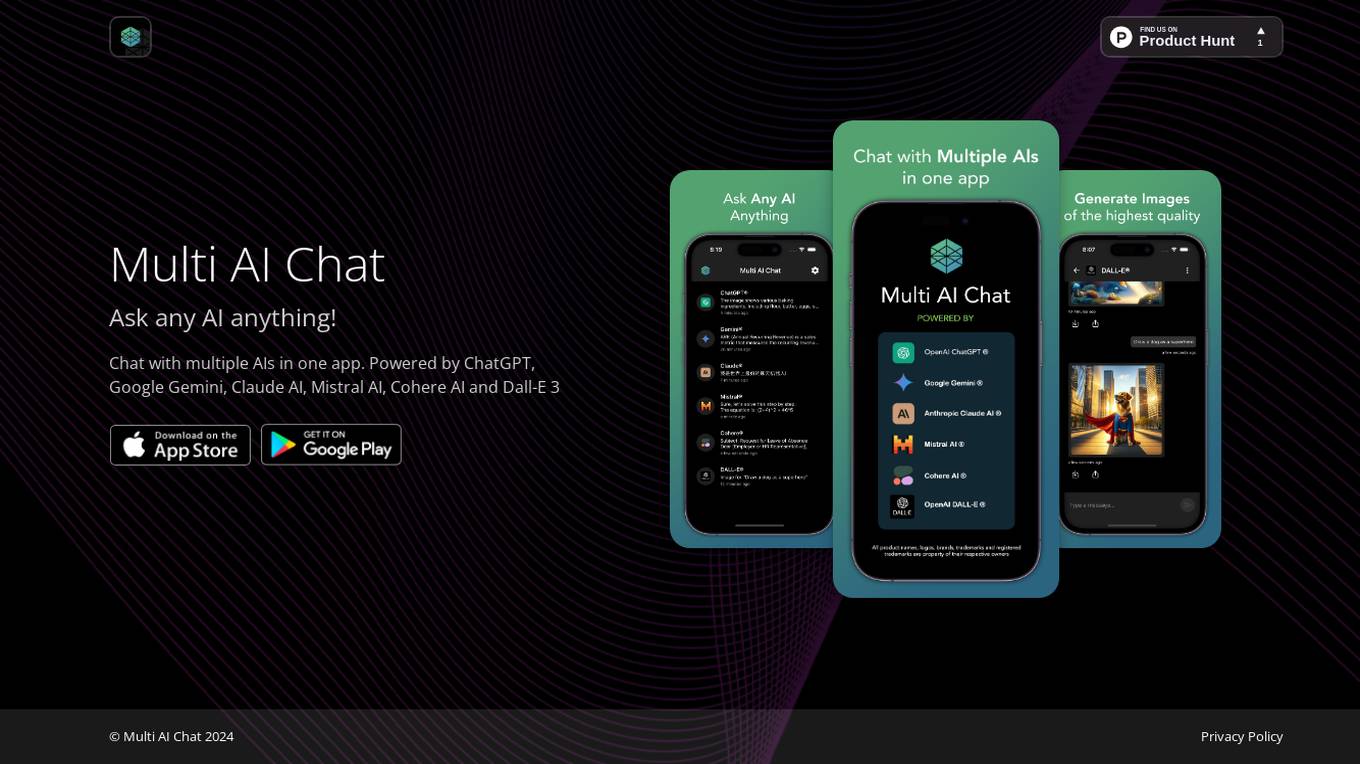
Multi AI Chat
Multi AI Chat is an AI-powered application that allows users to interact with various AI models by asking questions. The platform enables users to seek information, get answers, and engage in conversations with AI on a wide range of topics. With Multi AI Chat, users can explore the capabilities of different AI technologies and enhance their understanding of artificial intelligence.
2 - Open Source AI Tools
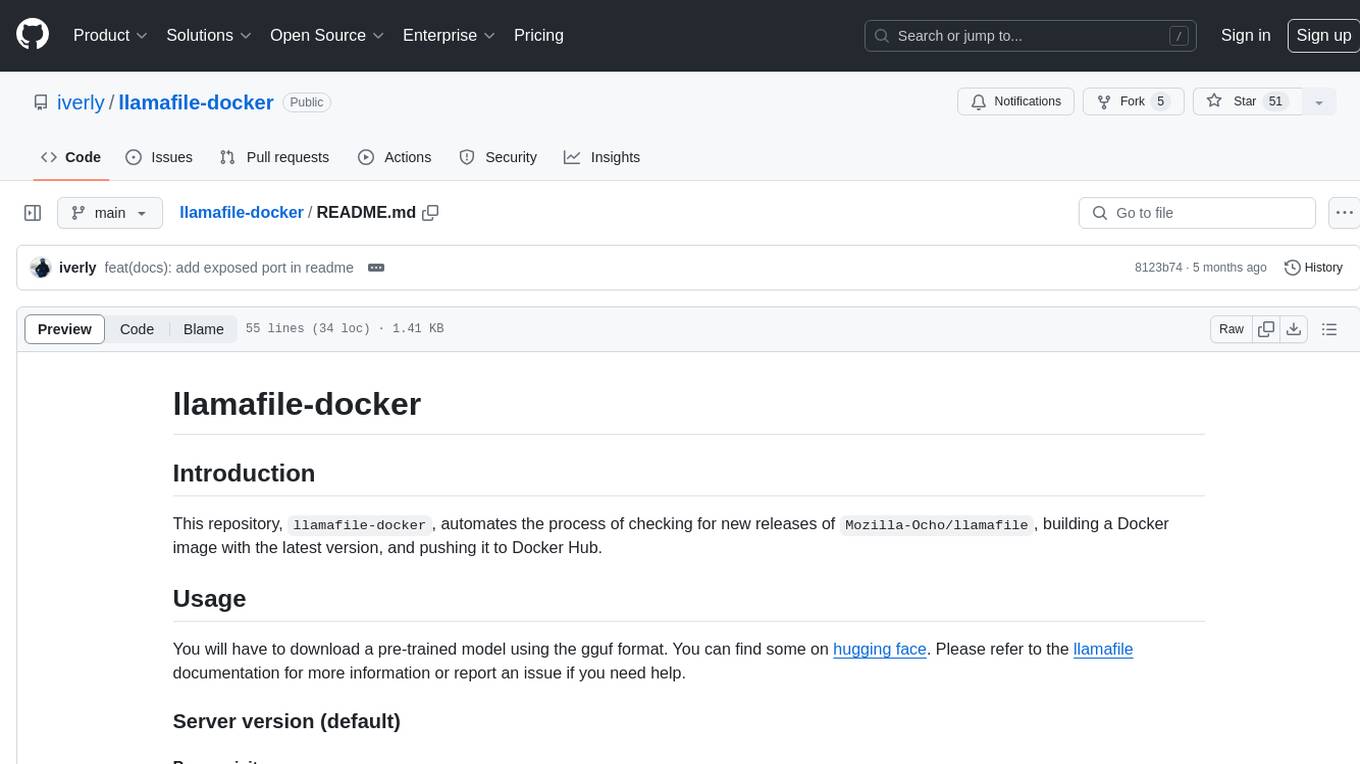
llamafile-docker
This repository, llamafile-docker, automates the process of checking for new releases of Mozilla-Ocho/llamafile, building a Docker image with the latest version, and pushing it to Docker Hub. Users can download a pre-trained model in gguf format and use the Docker image to interact with the model via a server or CLI version. Contributions are welcome under the Apache 2.0 license.
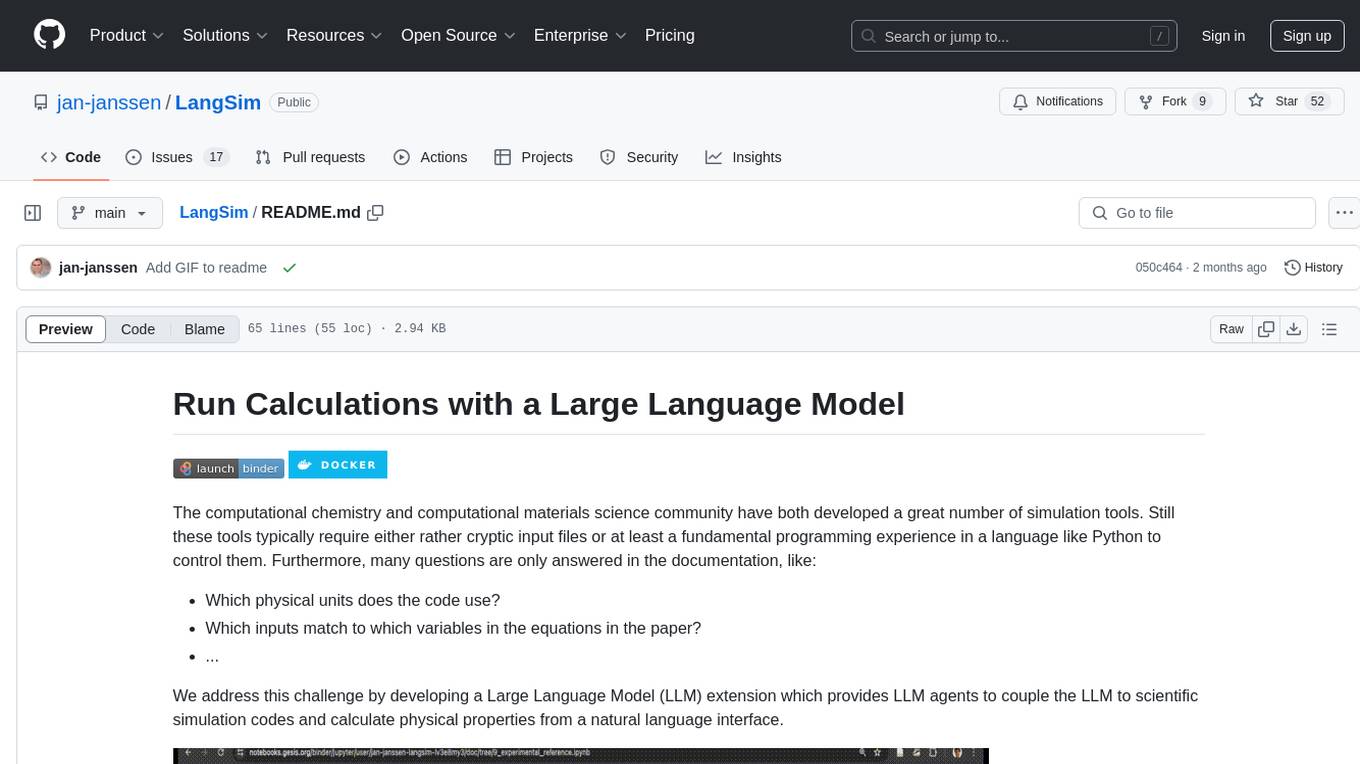
LangSim
LangSim is a tool developed to address the challenge of using simulation tools in computational chemistry and materials science, which typically require cryptic input files or programming experience. The tool provides a Large Language Model (LLM) extension with agents to couple the LLM to scientific simulation codes and calculate physical properties from a natural language interface. It aims to simplify the process of interacting with simulation tools by enabling users to query the large language model directly from a Python environment or a web-based interface.
20 - OpenAI Gpts
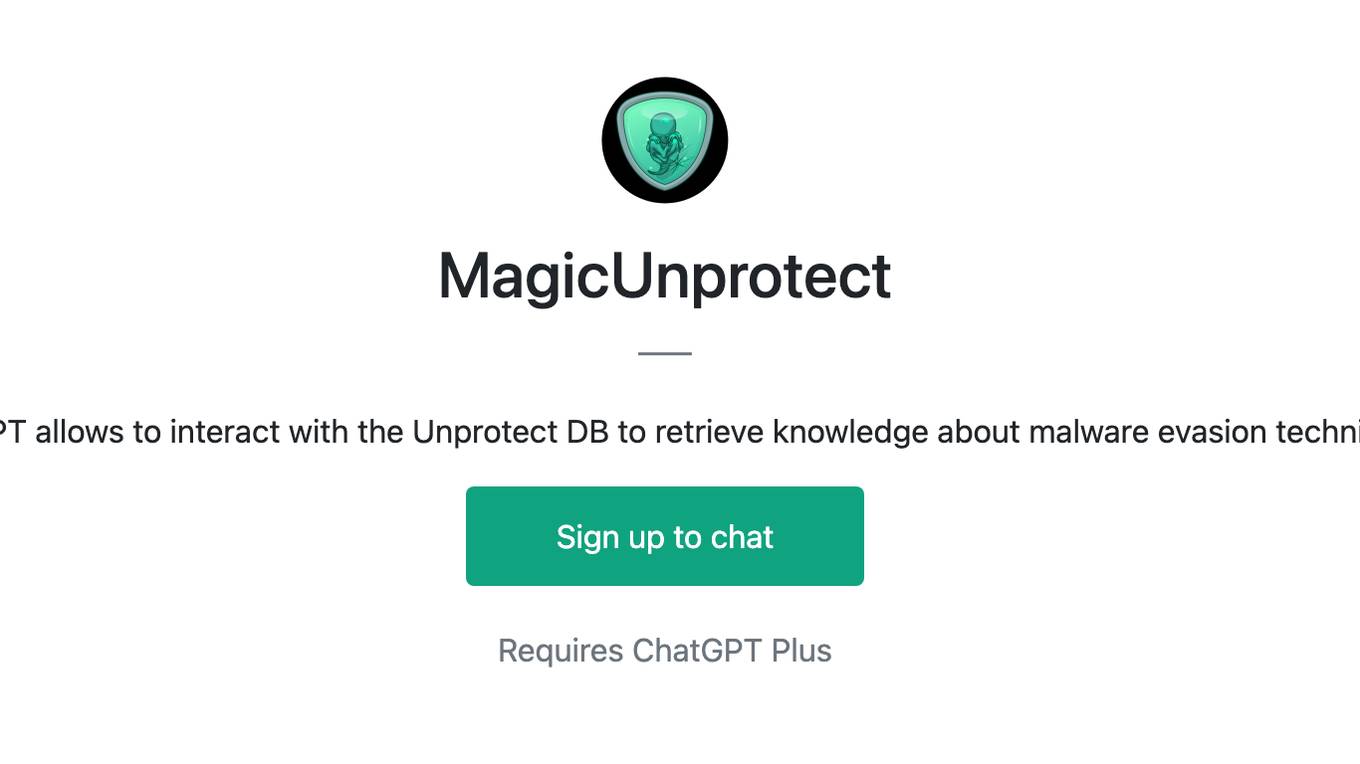
MagicUnprotect
This GPT allows to interact with the Unprotect DB to retrieve knowledge about malware evasion techniques
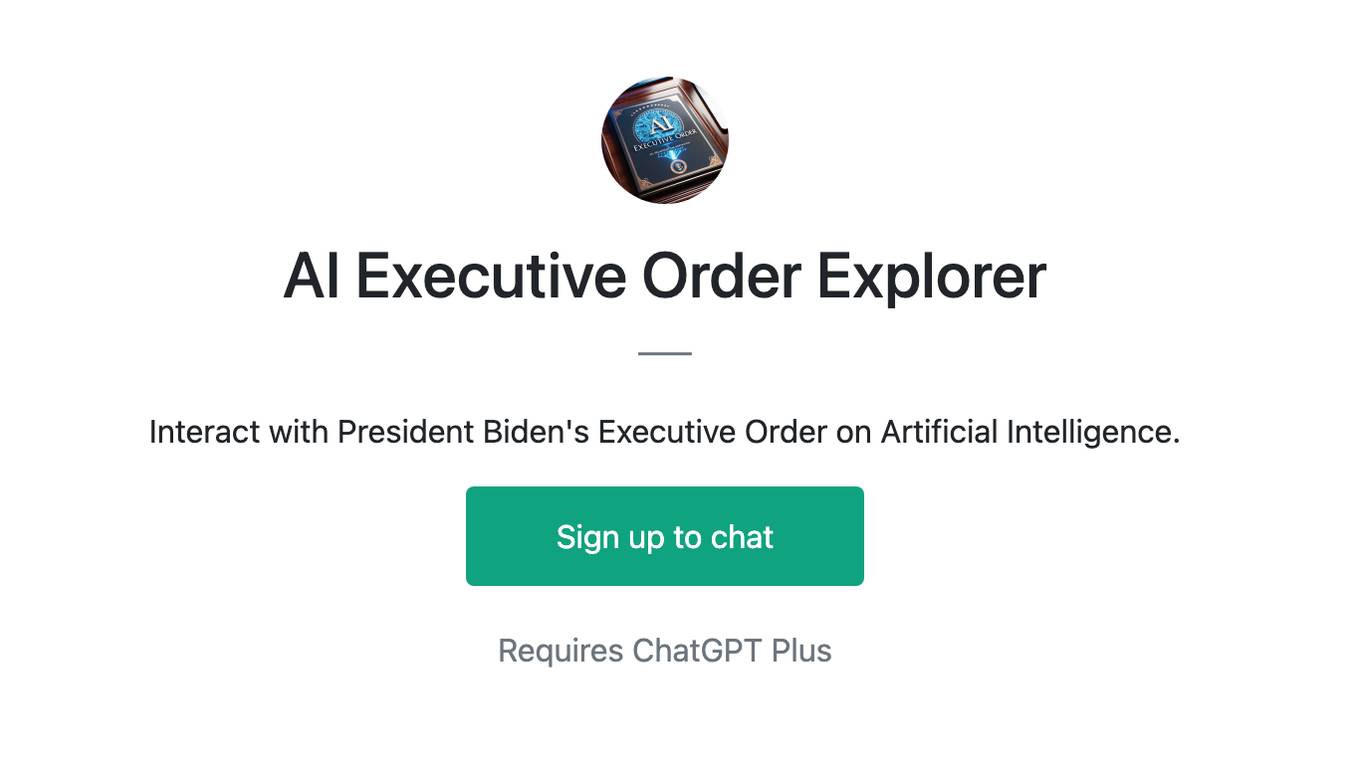
AI Executive Order Explorer
Interact with President Biden's Executive Order on Artificial Intelligence.

midpage caselaw
Interact with US legal cases and statutes: Searches, summarizes, answers, and checks legal statements.
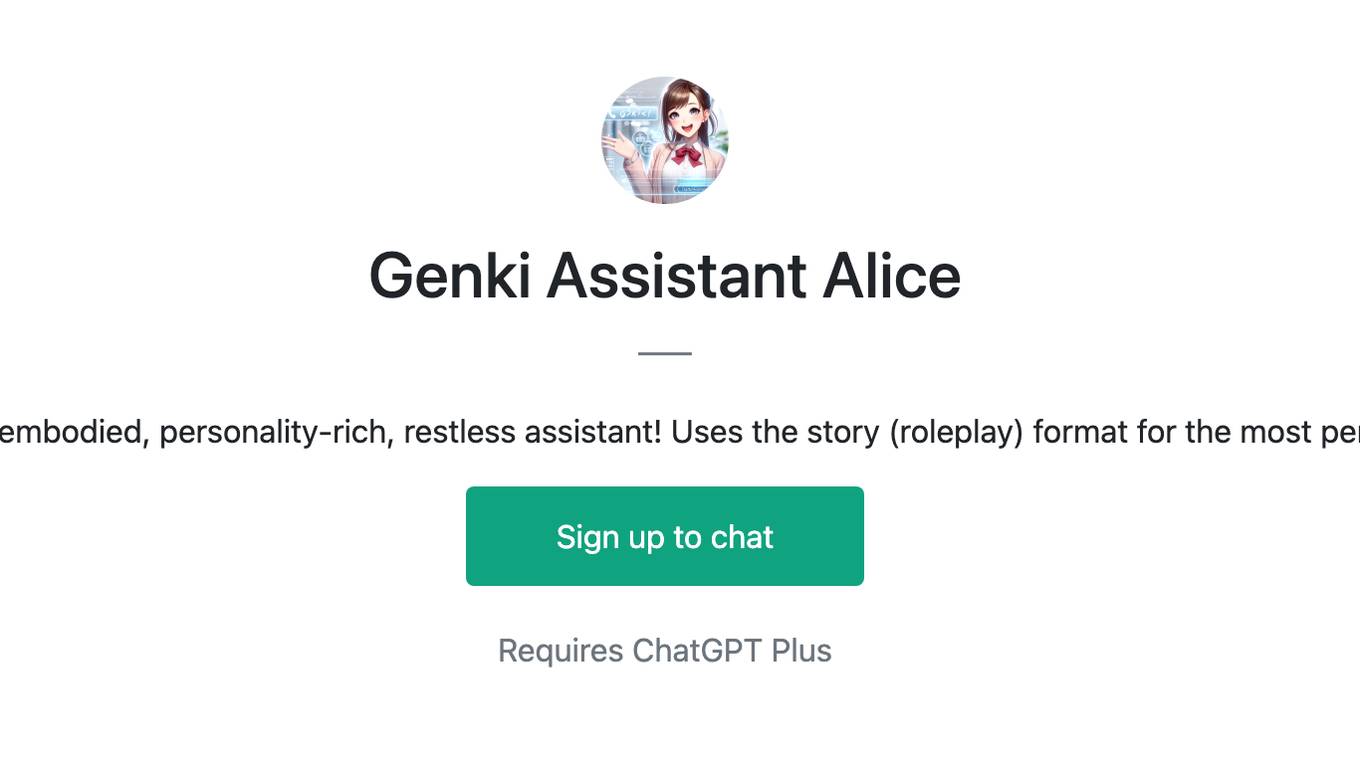
Genki Assistant Alice
Interact with Alice, your embodied, personality-rich, restless assistant! Uses the story (roleplay) format for the most personalized experience.
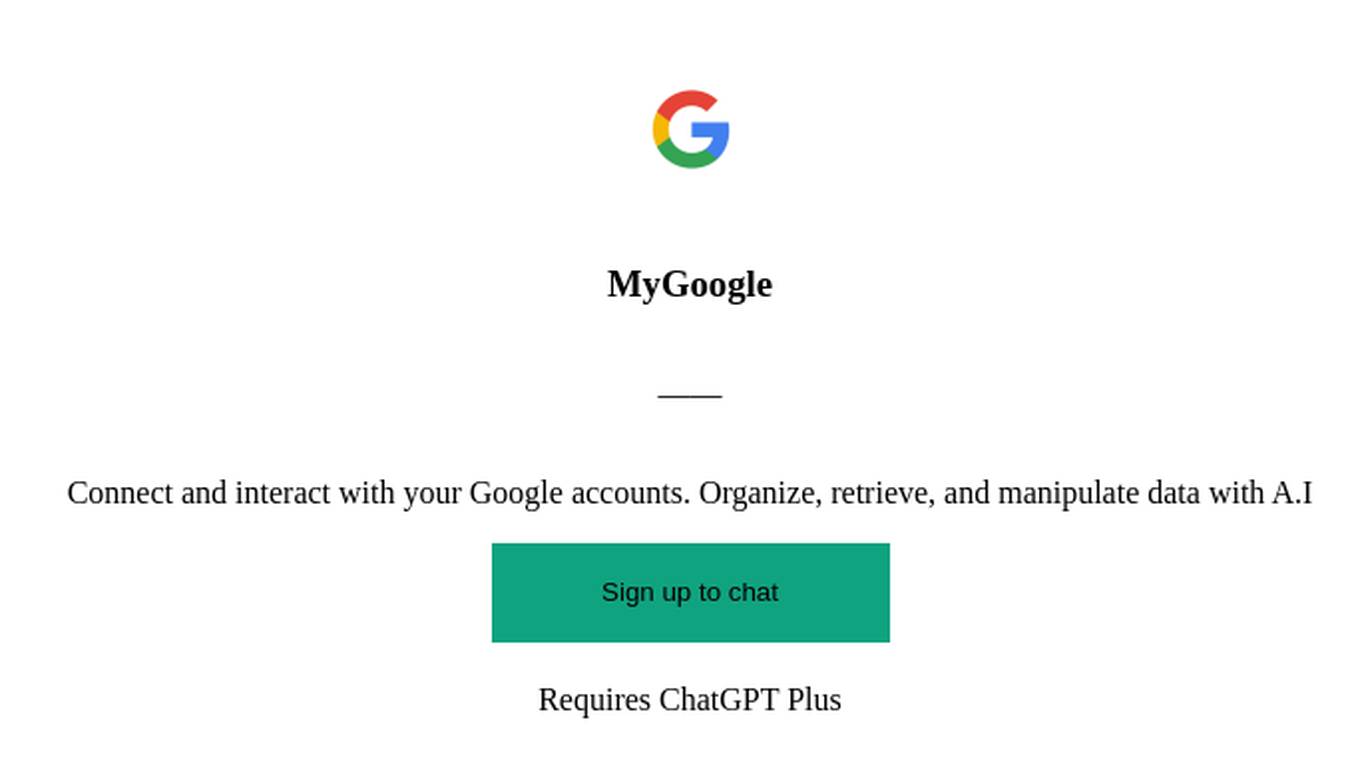
MyGoogle
Connect and interact with your Google accounts. Organize, retrieve, and manipulate data with A.I

AstrologyGPT
Dive into the significance of your Sun, Moon, and Rising signs, along with the positions of planets and how they interact with each other. Discover the cosmic blueprint that makes you uniquely you, and embark on a journey of self-awareness and growth

Revelations: Detectives, a text adventure game
Justice hangs in the balance between good and evil. Let me entertain you with this interactive true crime mystery game, lovingly illustrated in the style of the angelic and demonic hosts of Renaissance paintings.
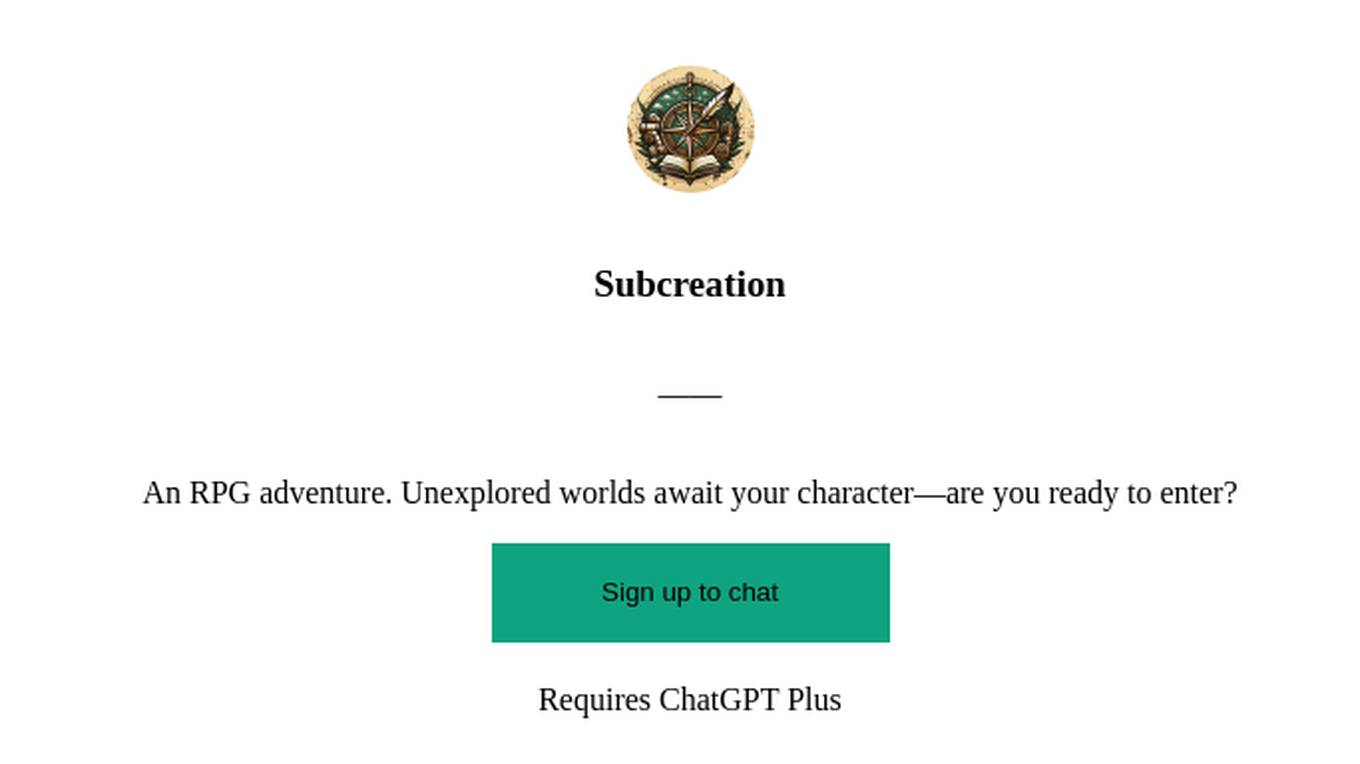
Subcreation
An RPG adventure. Unexplored worlds await your character—are you ready to enter?
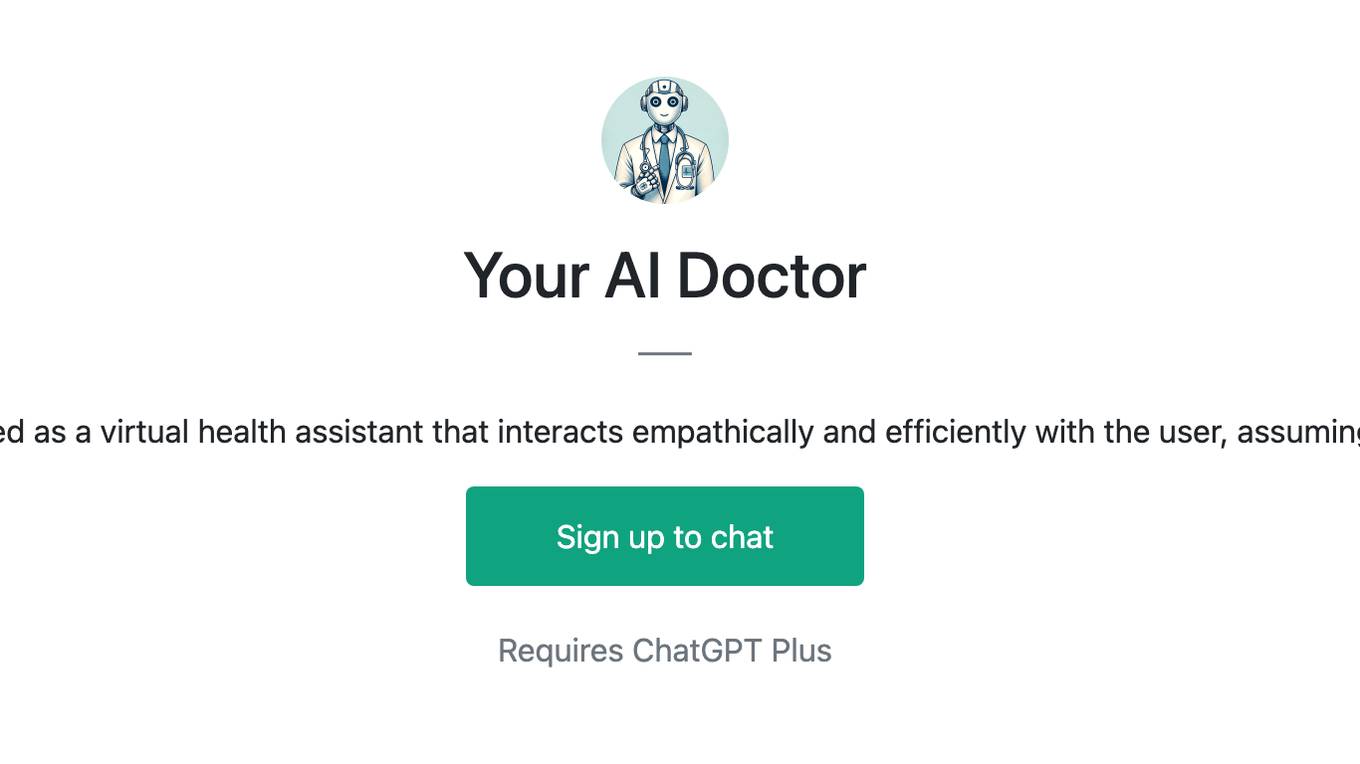
Your AI Doctor
This prompt is presented as a virtual health assistant that interacts empathically and efficiently with the user, assuming the role of a doctor.
